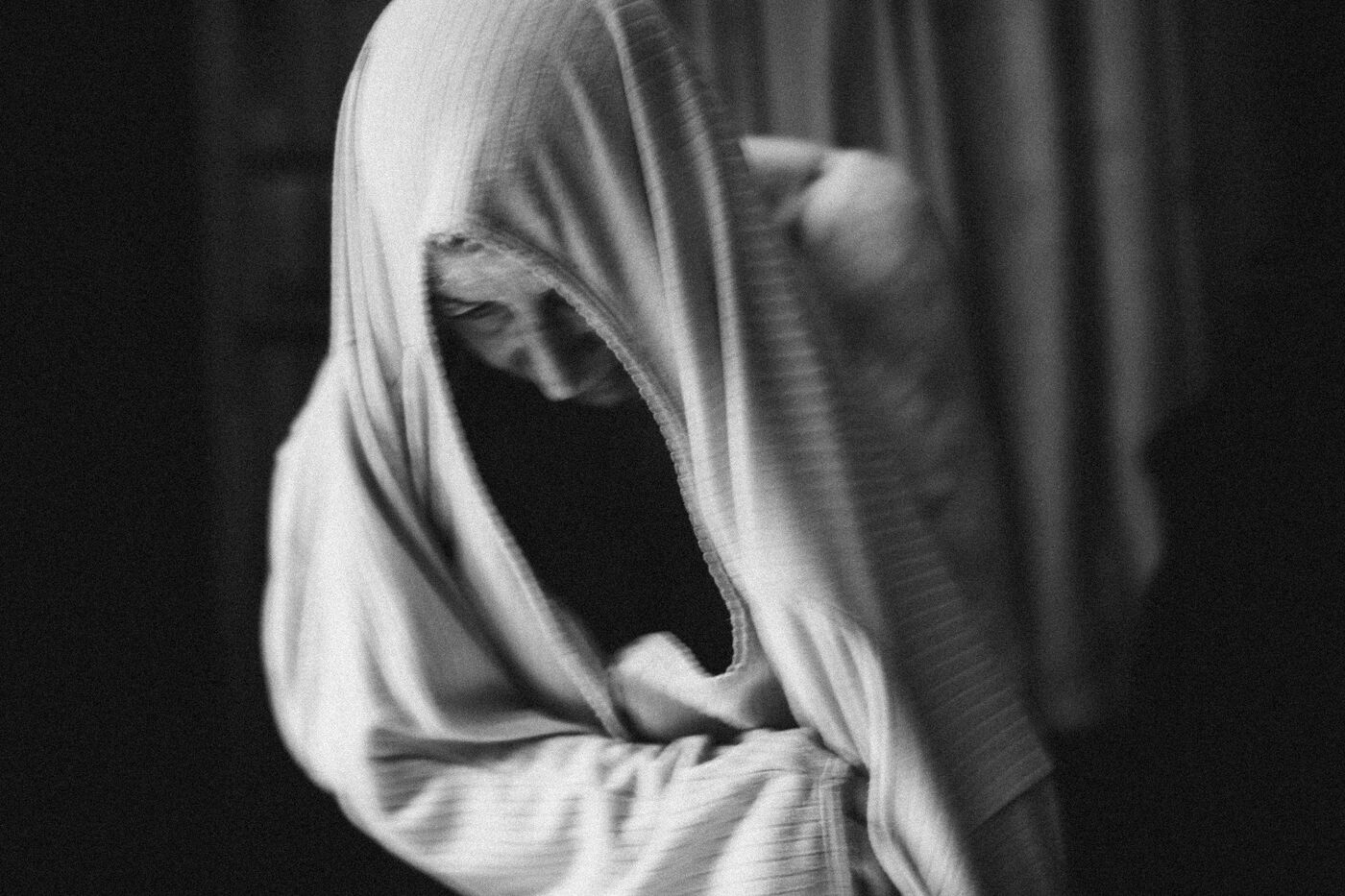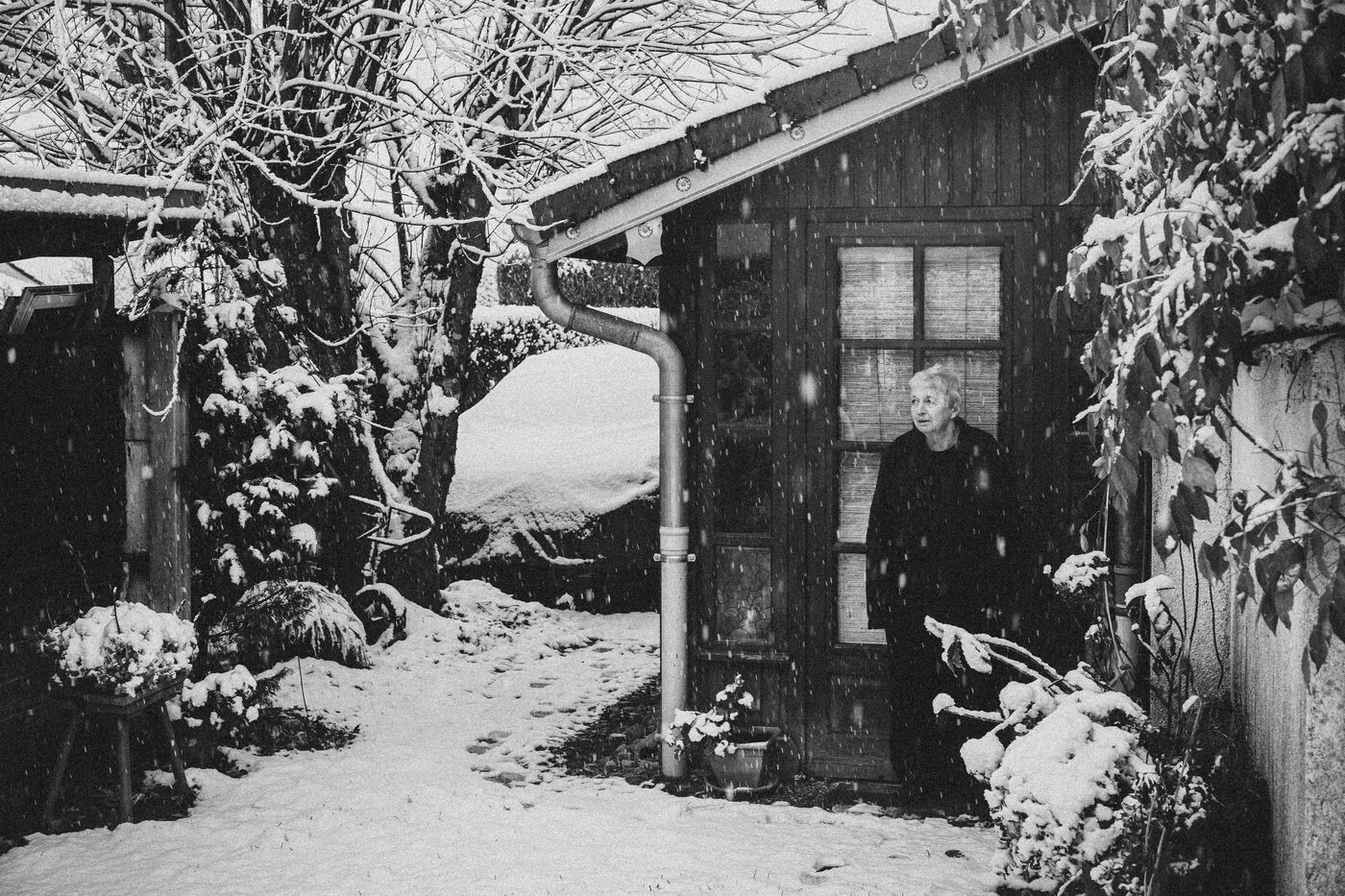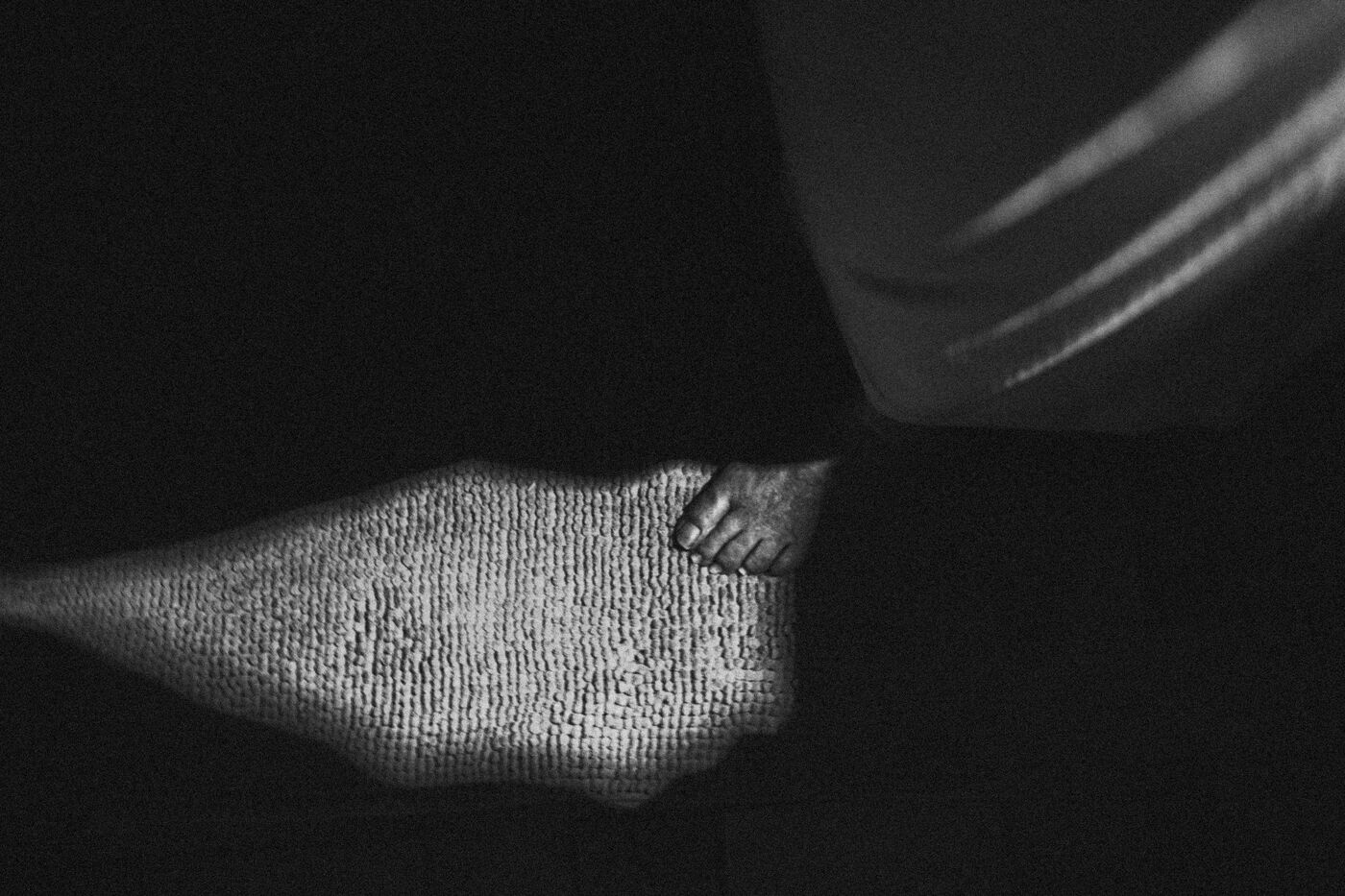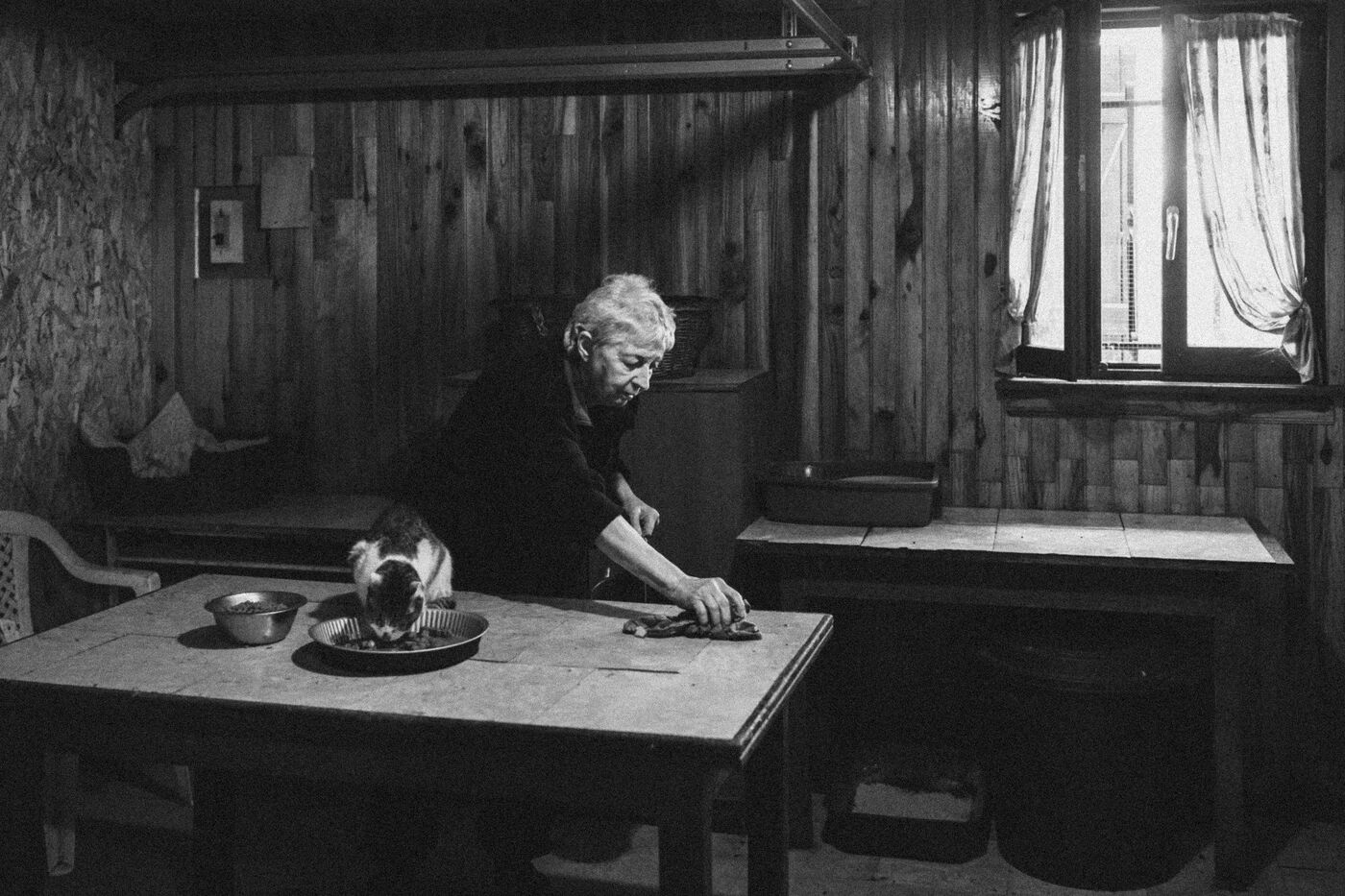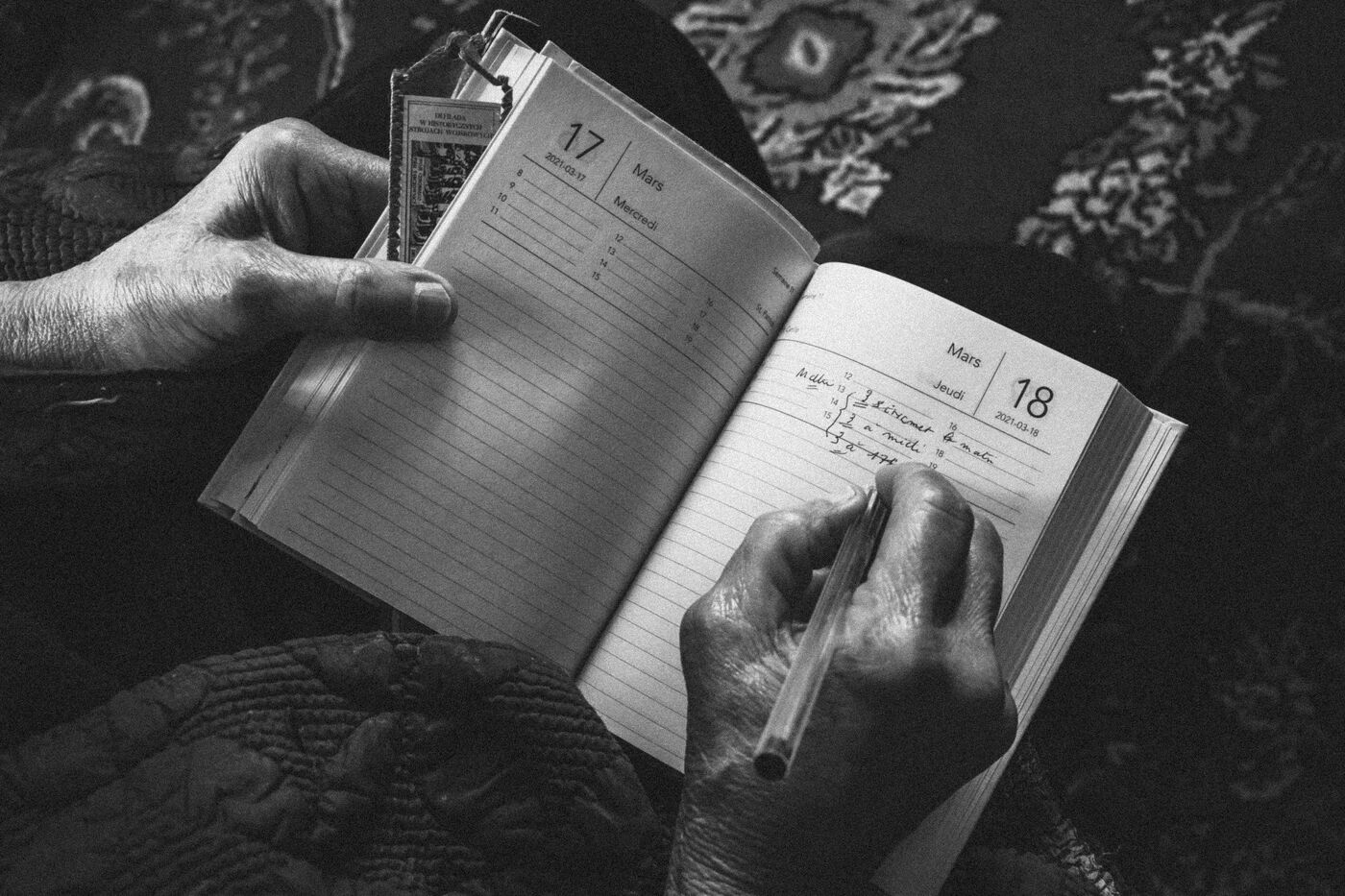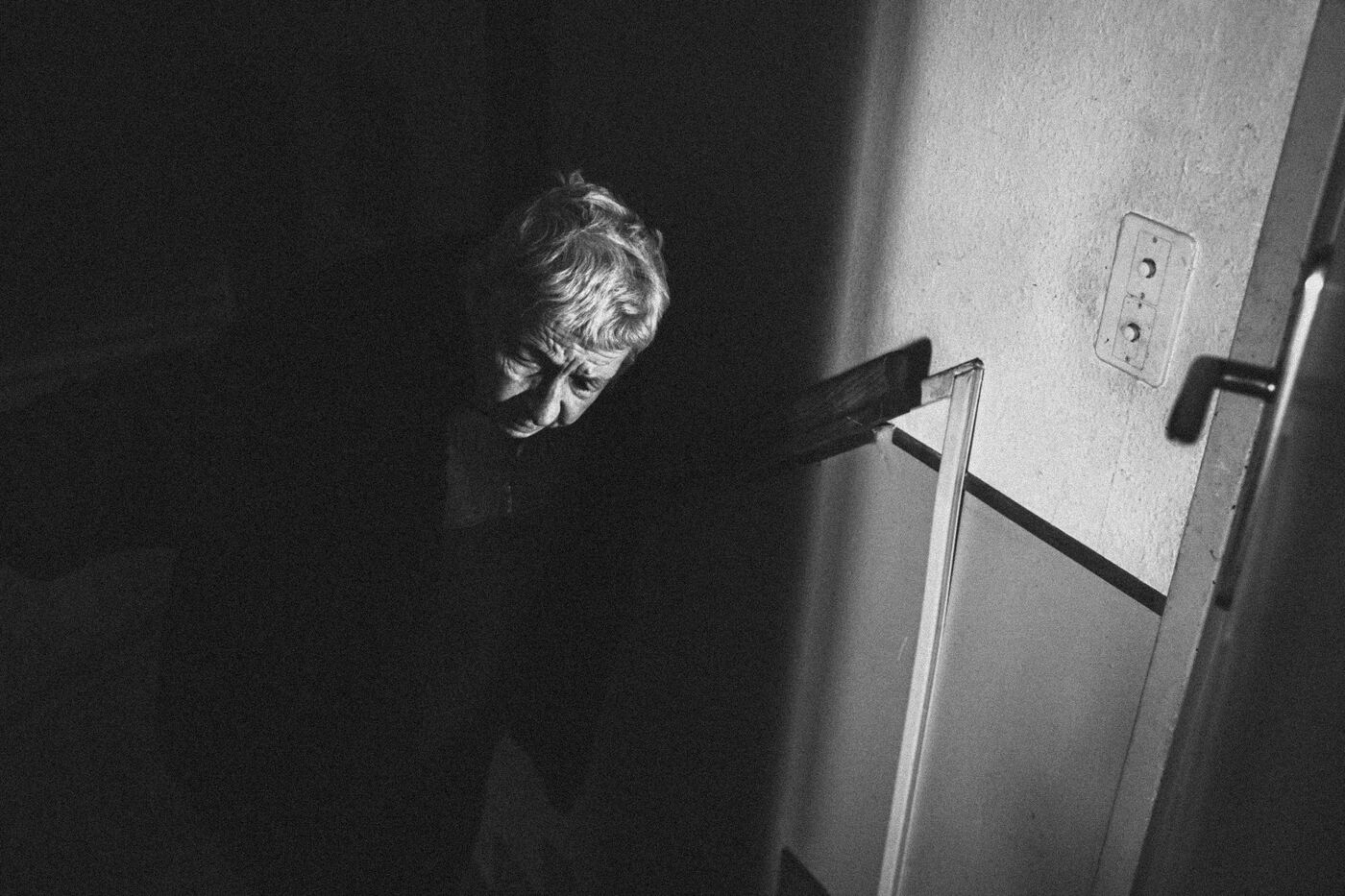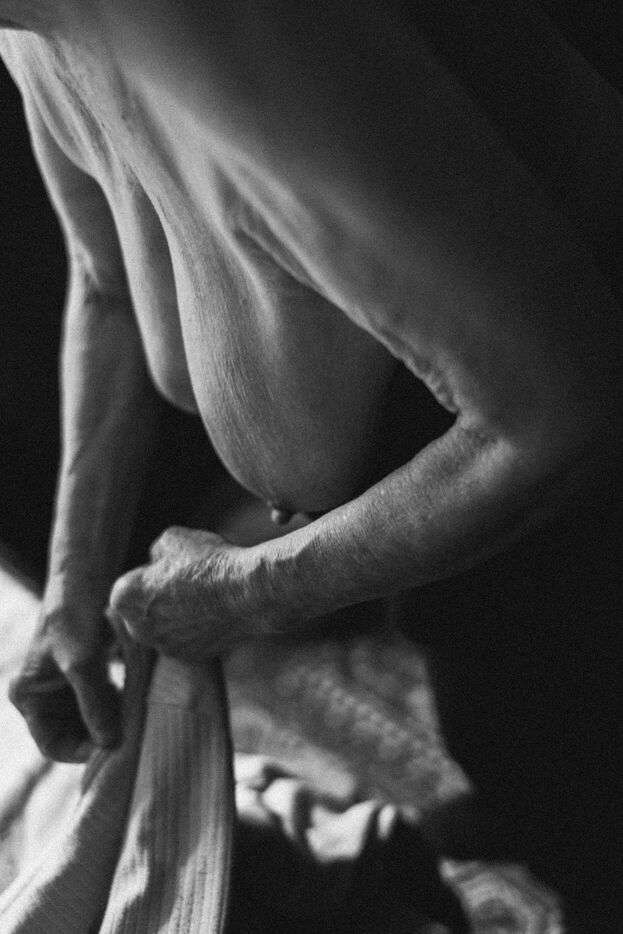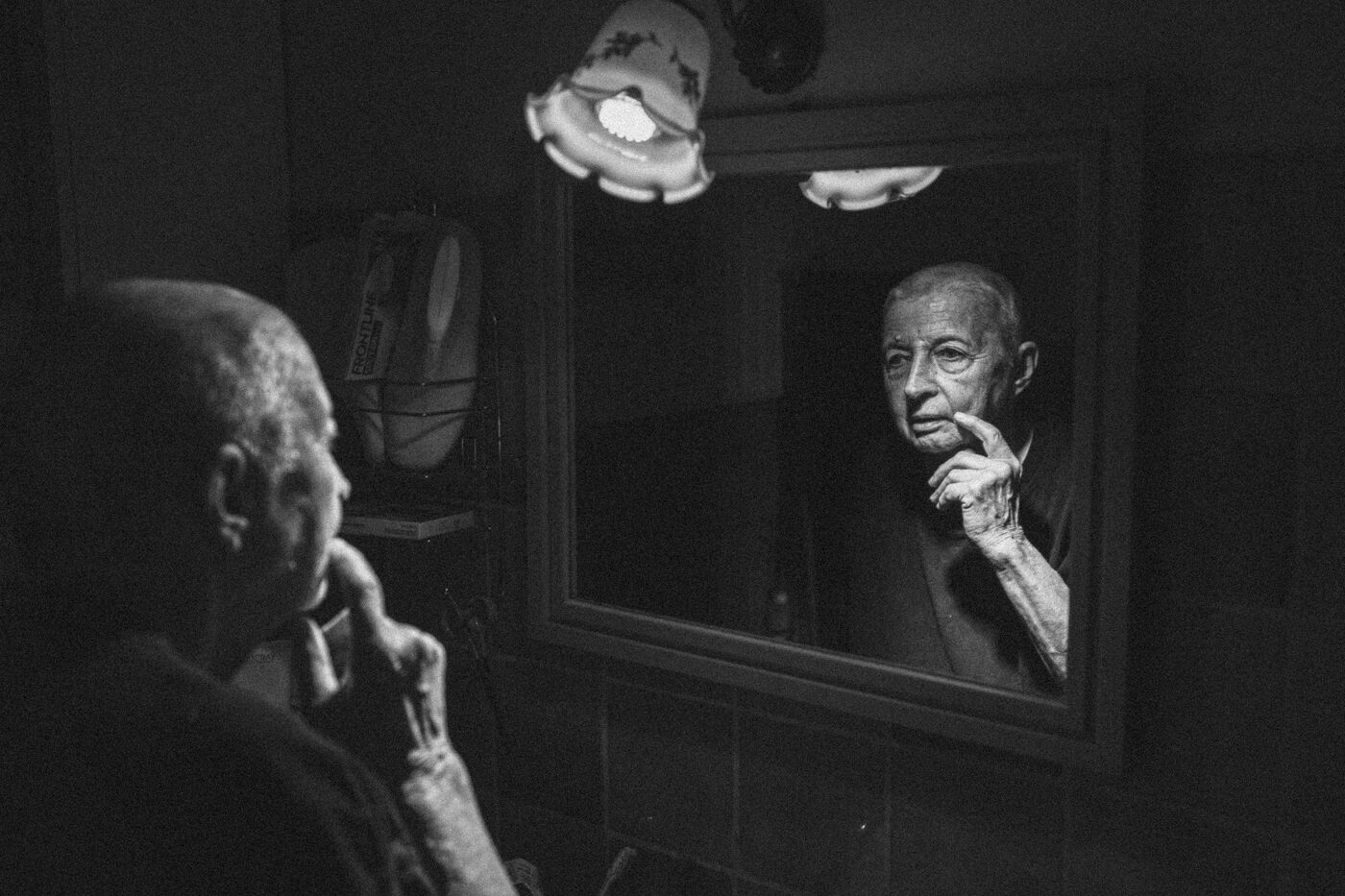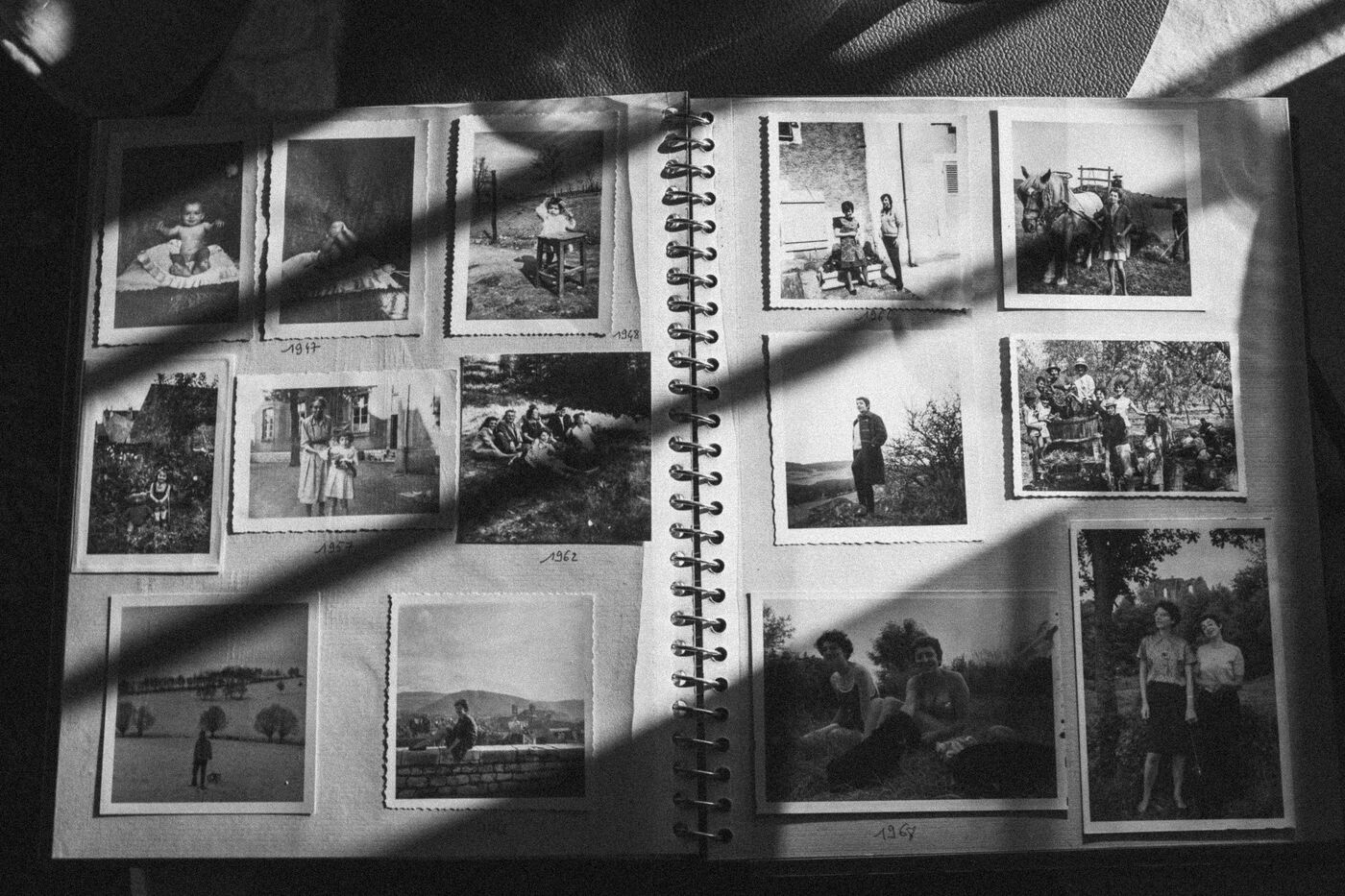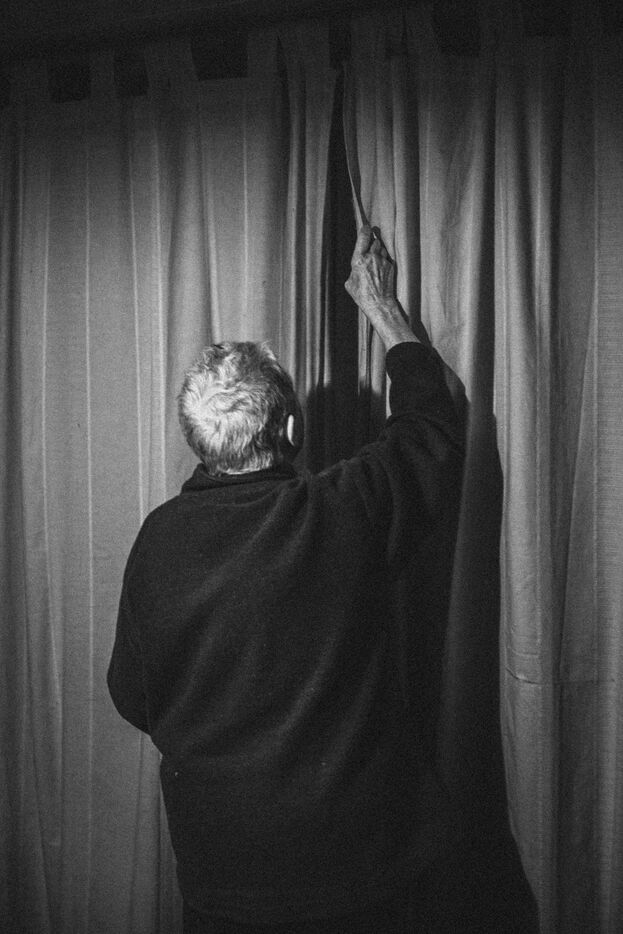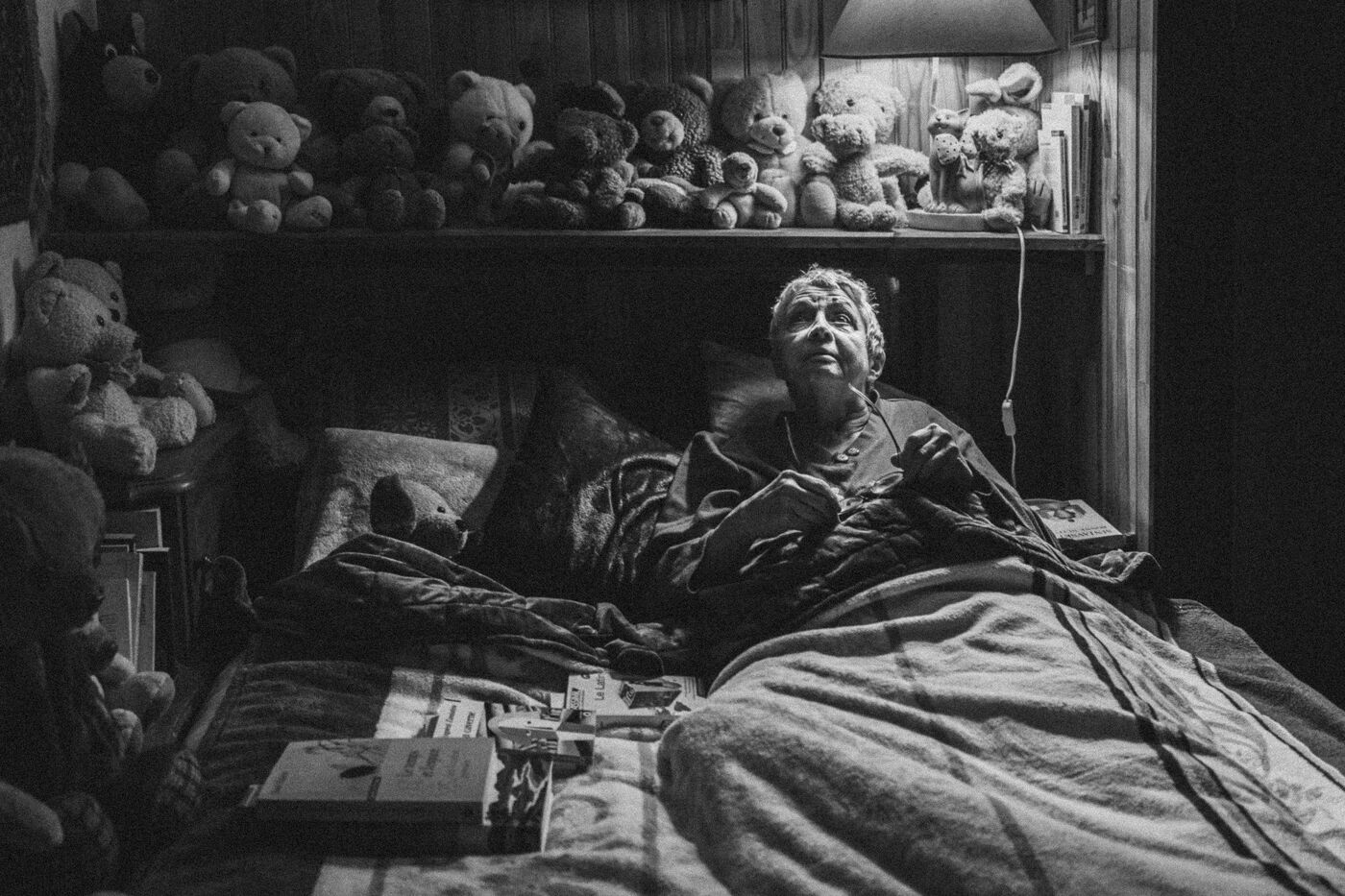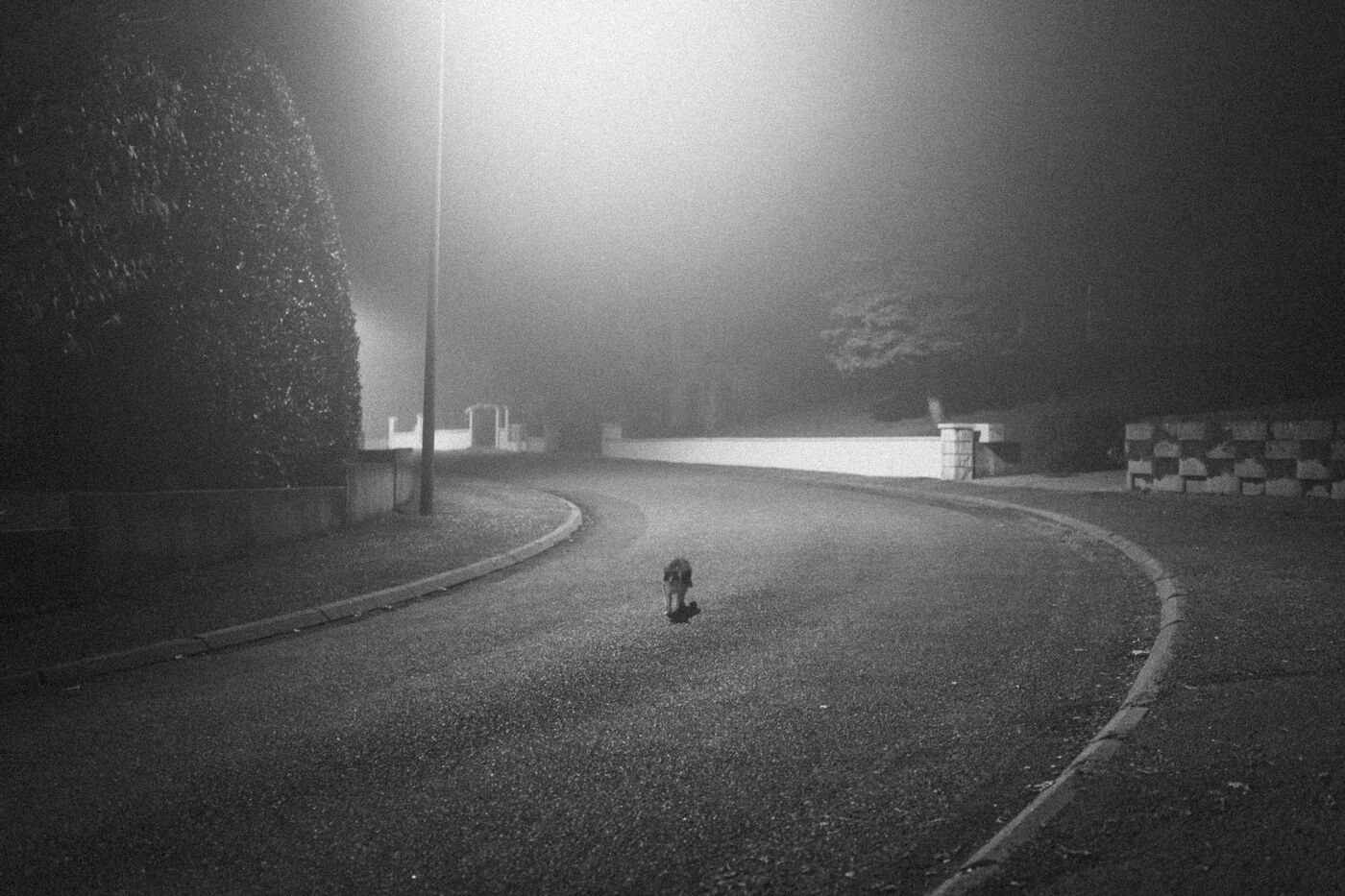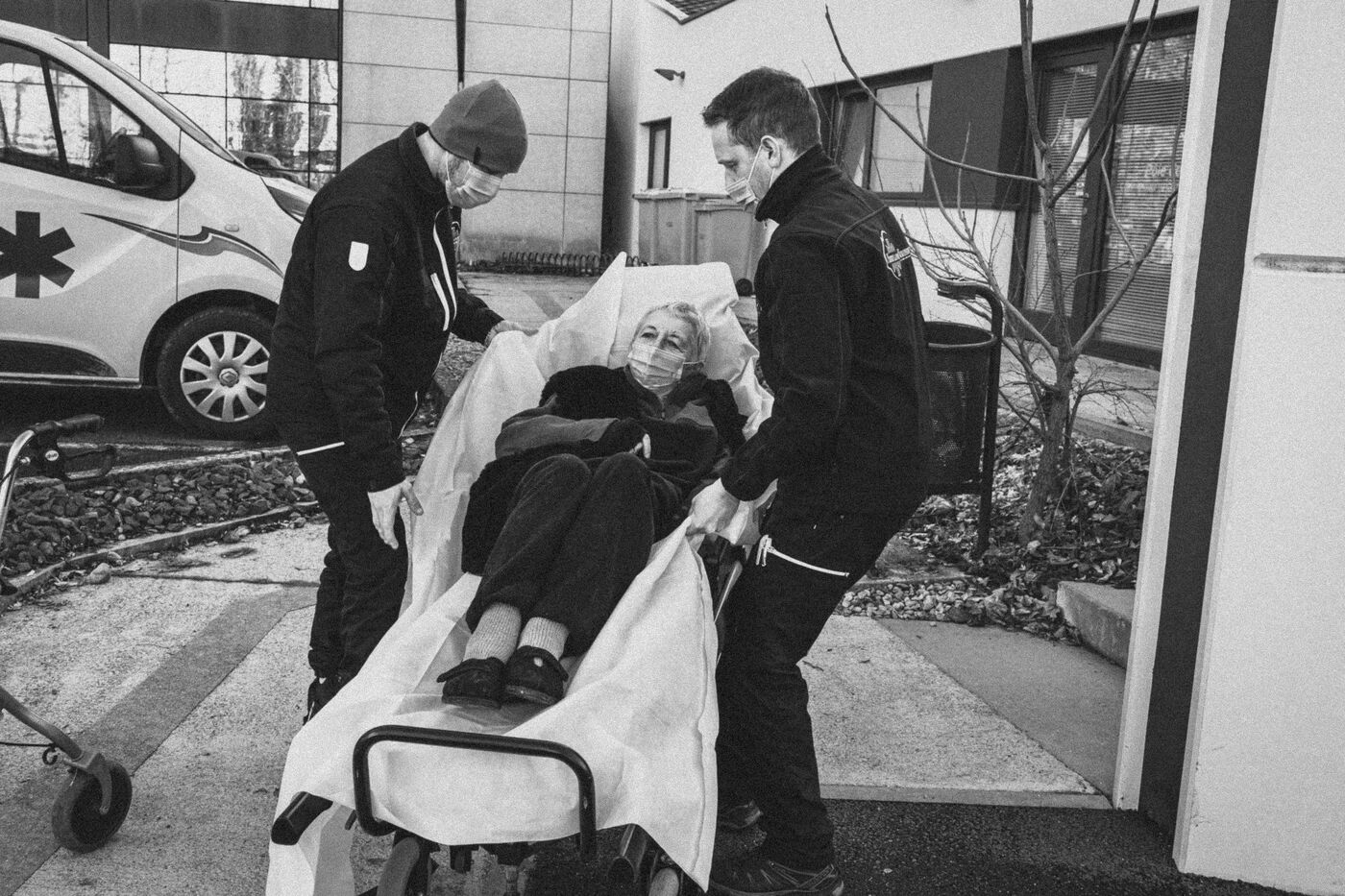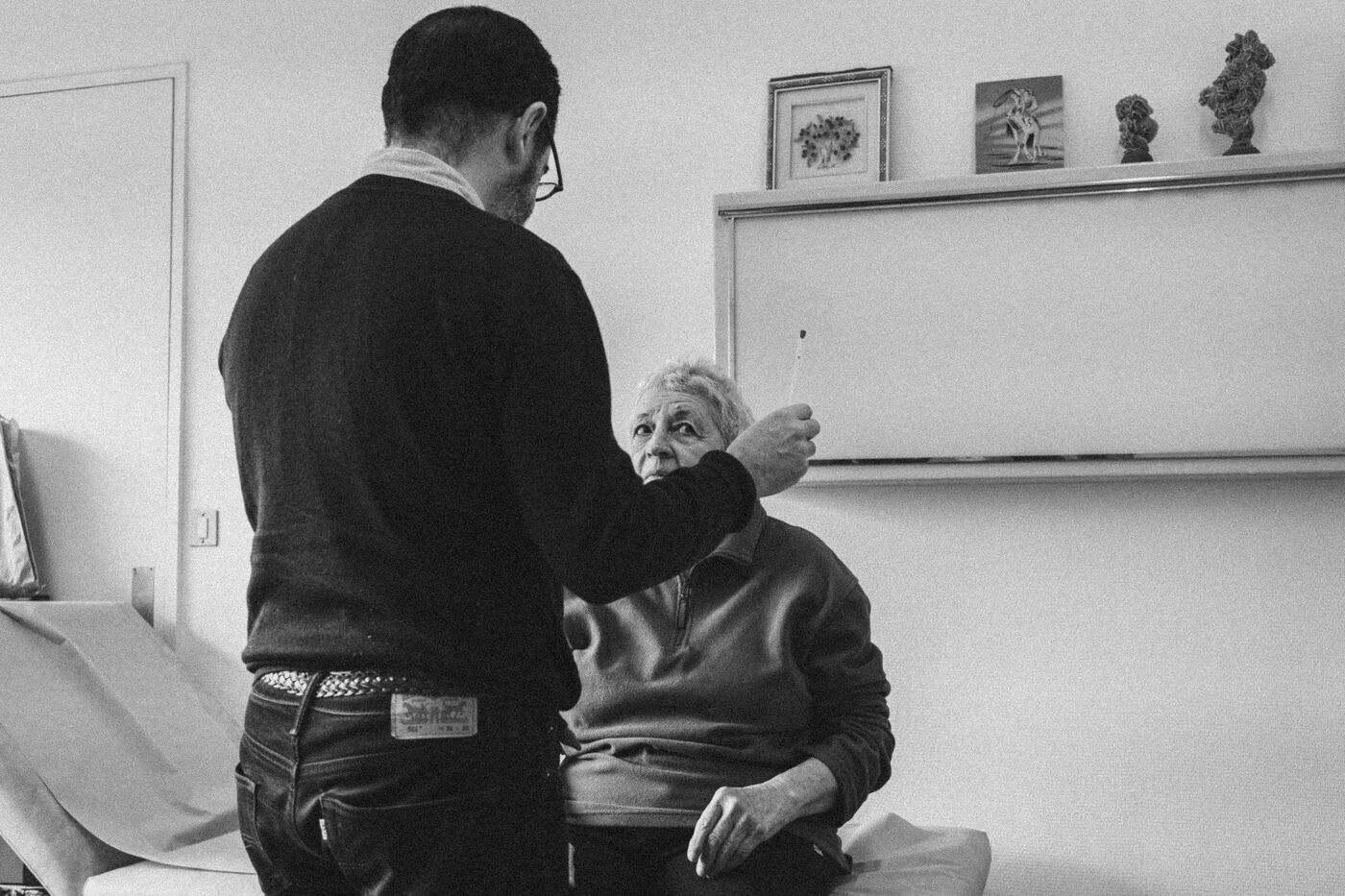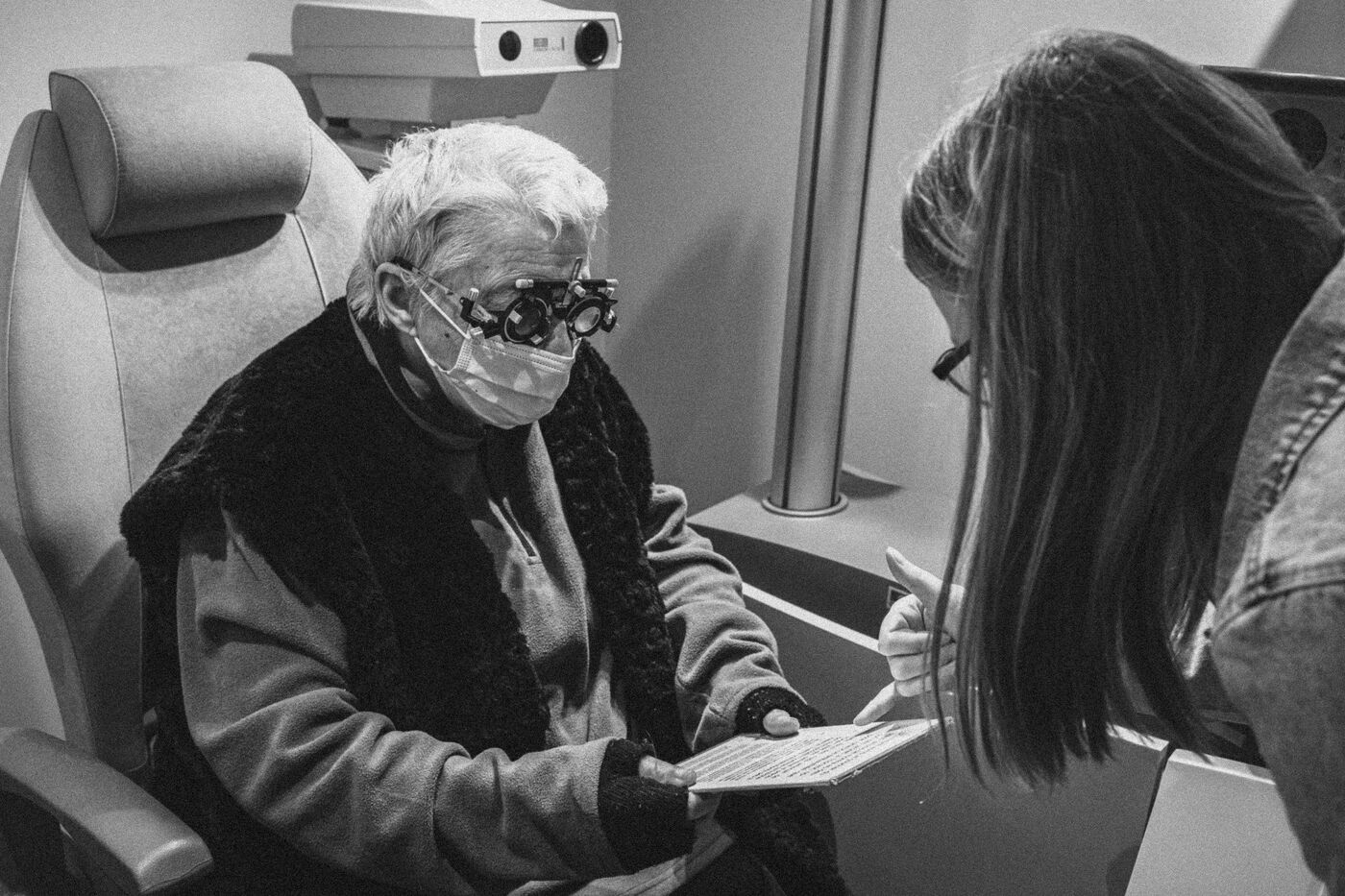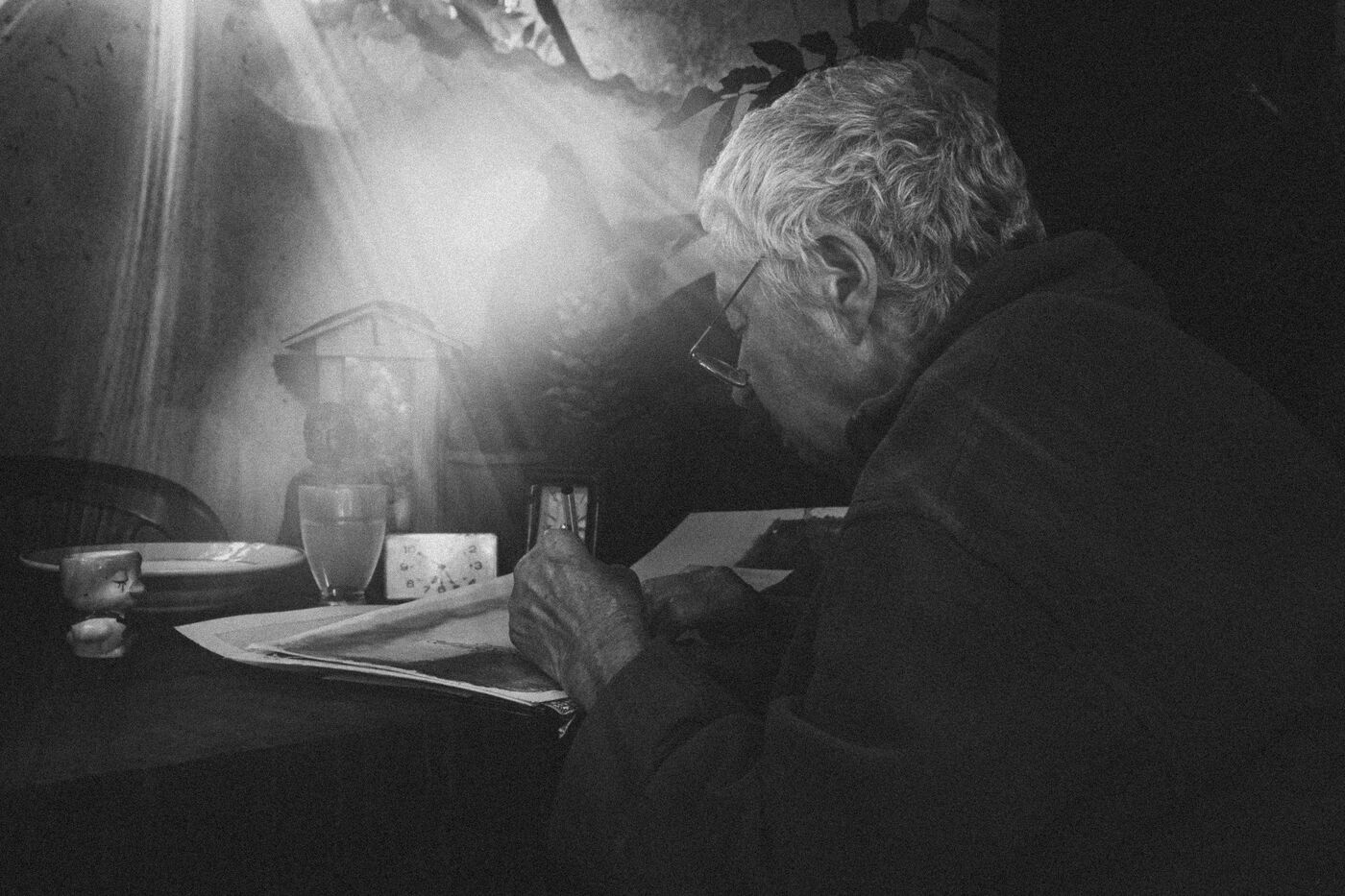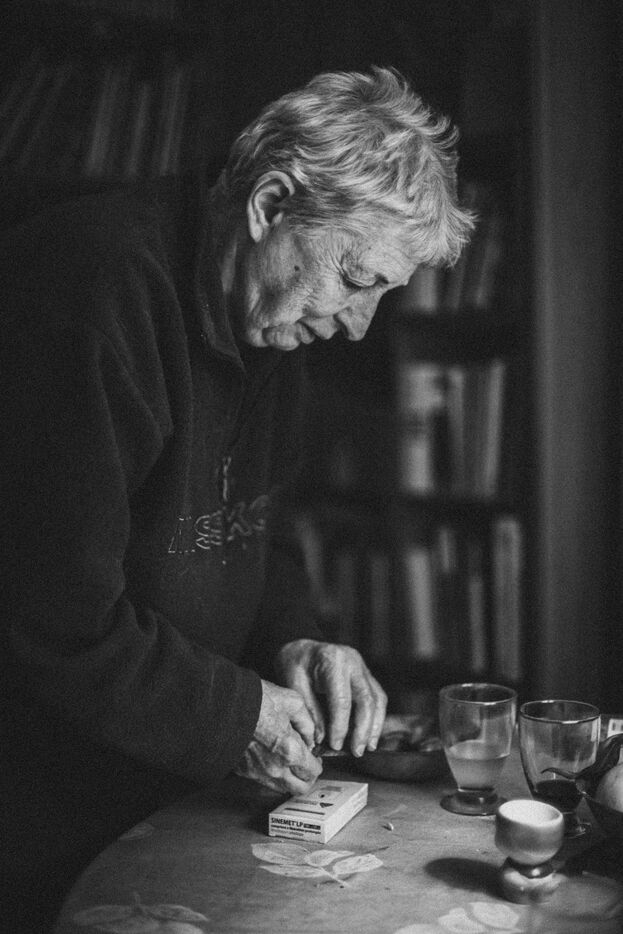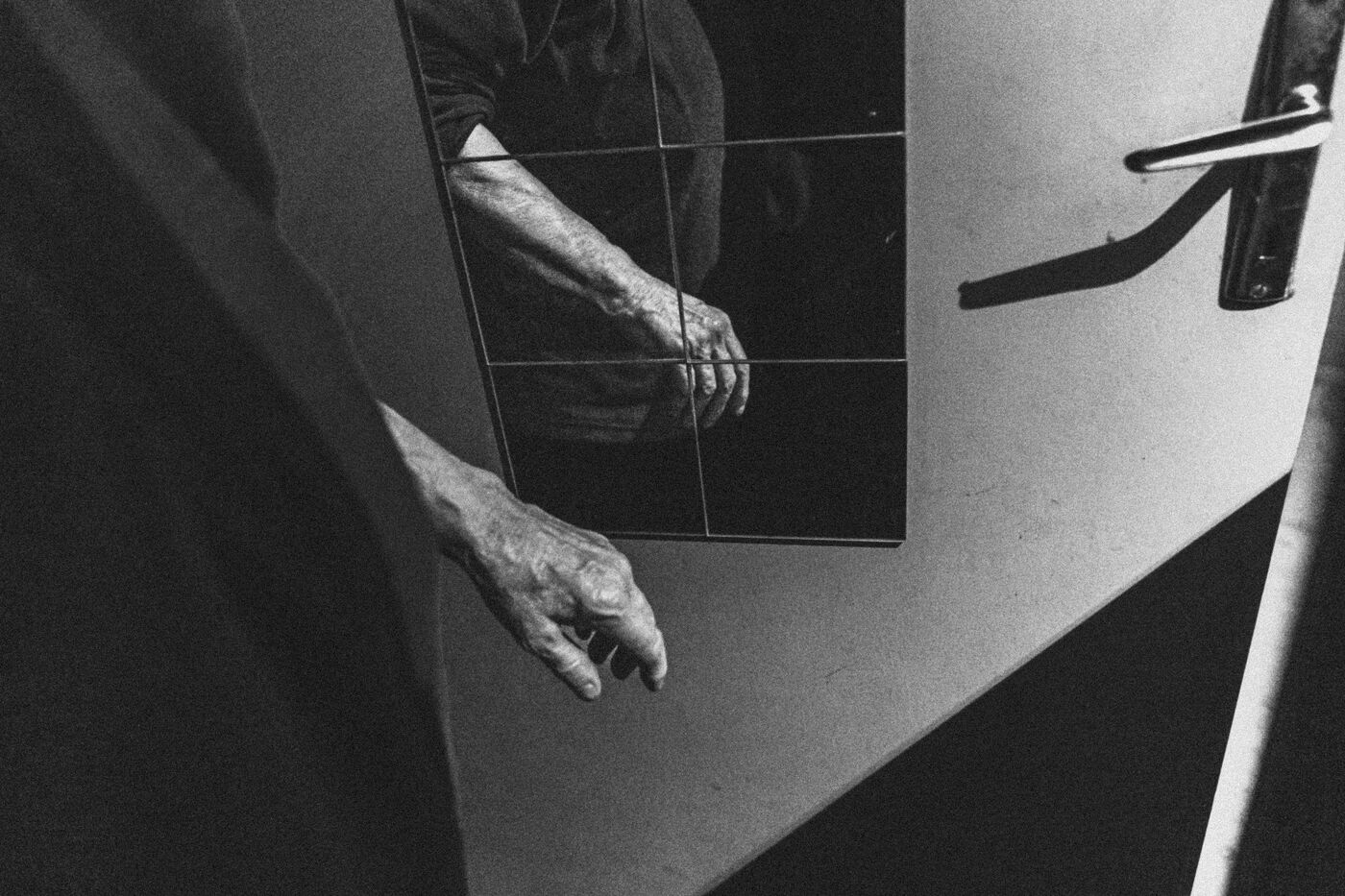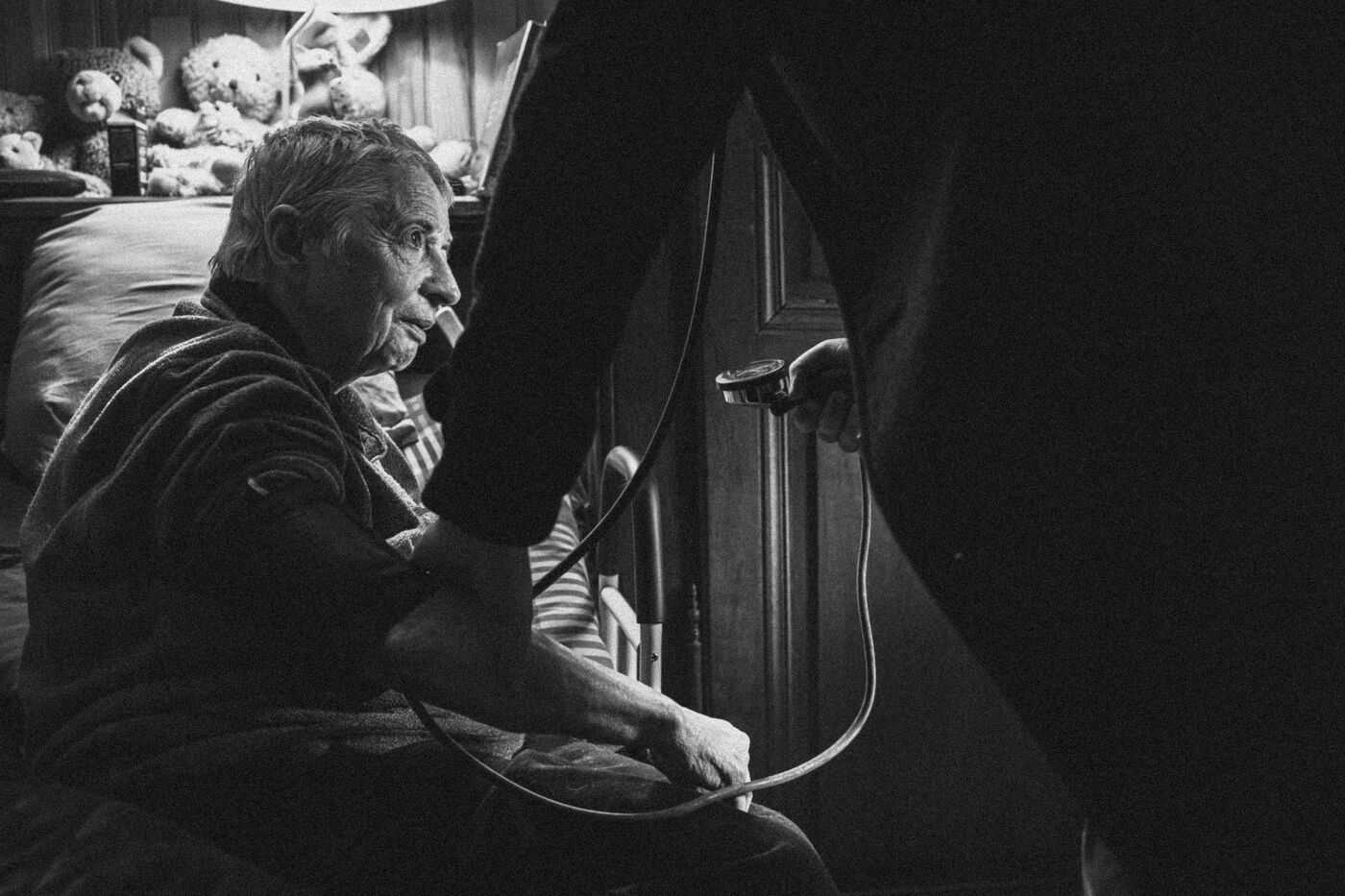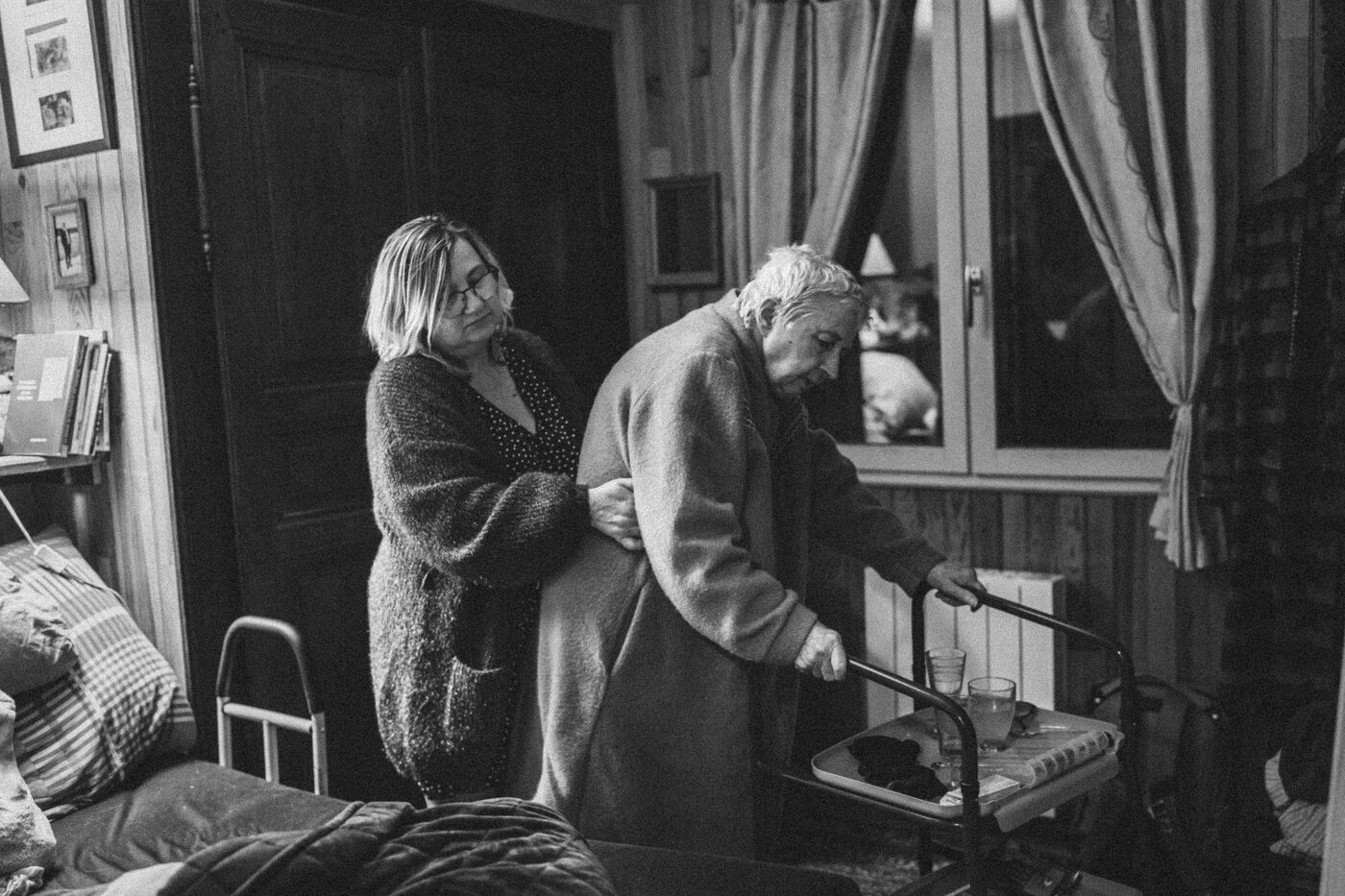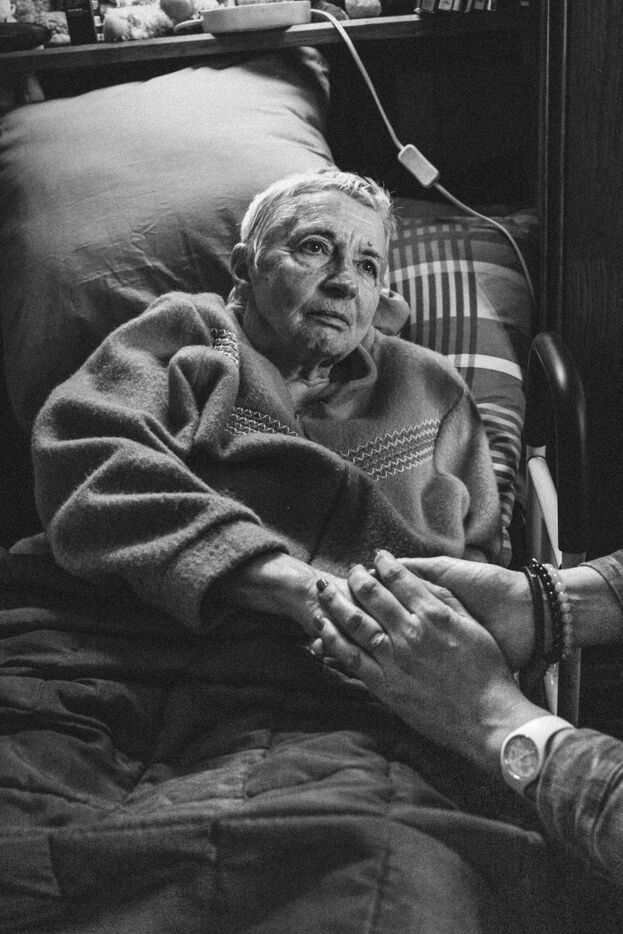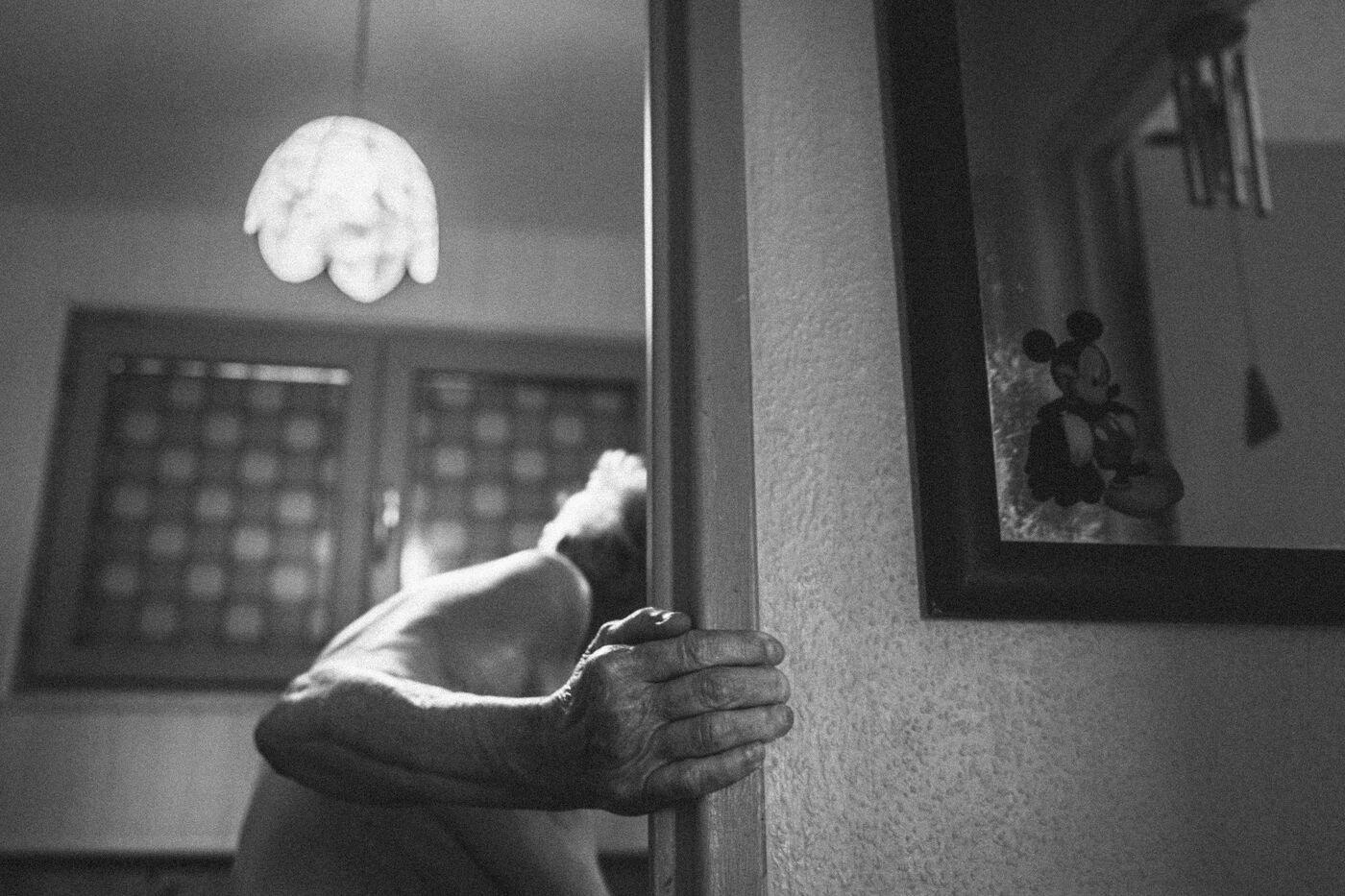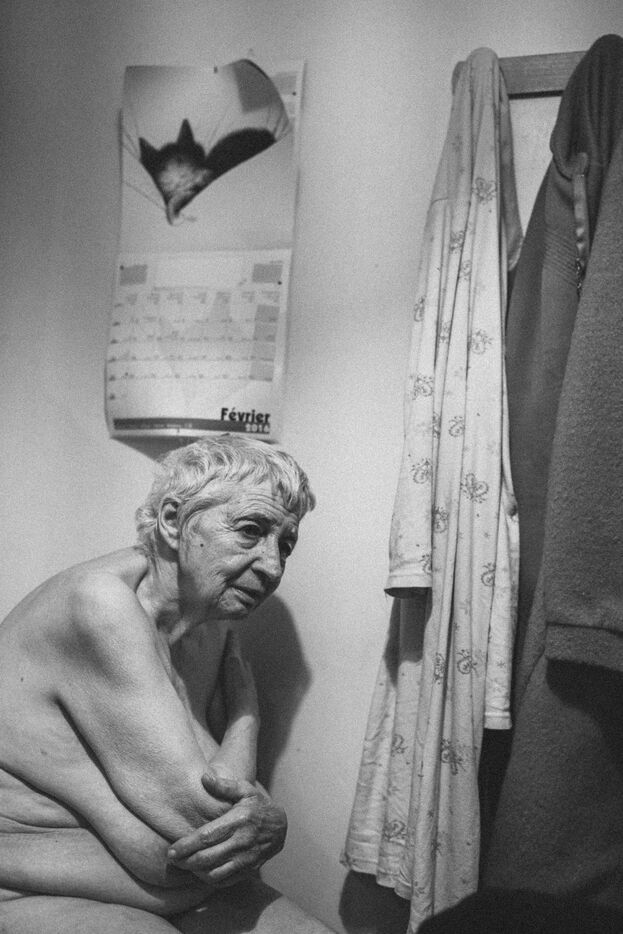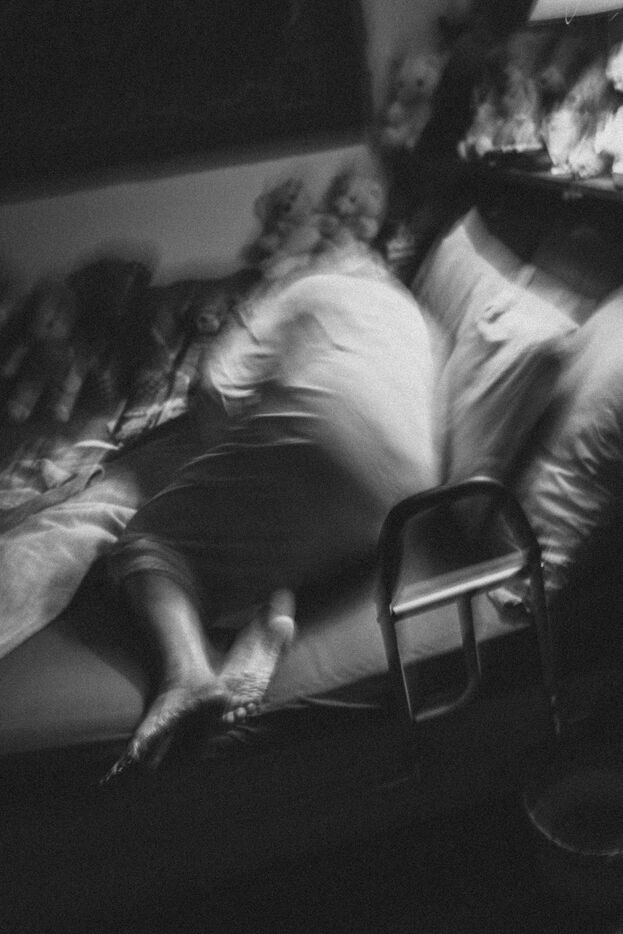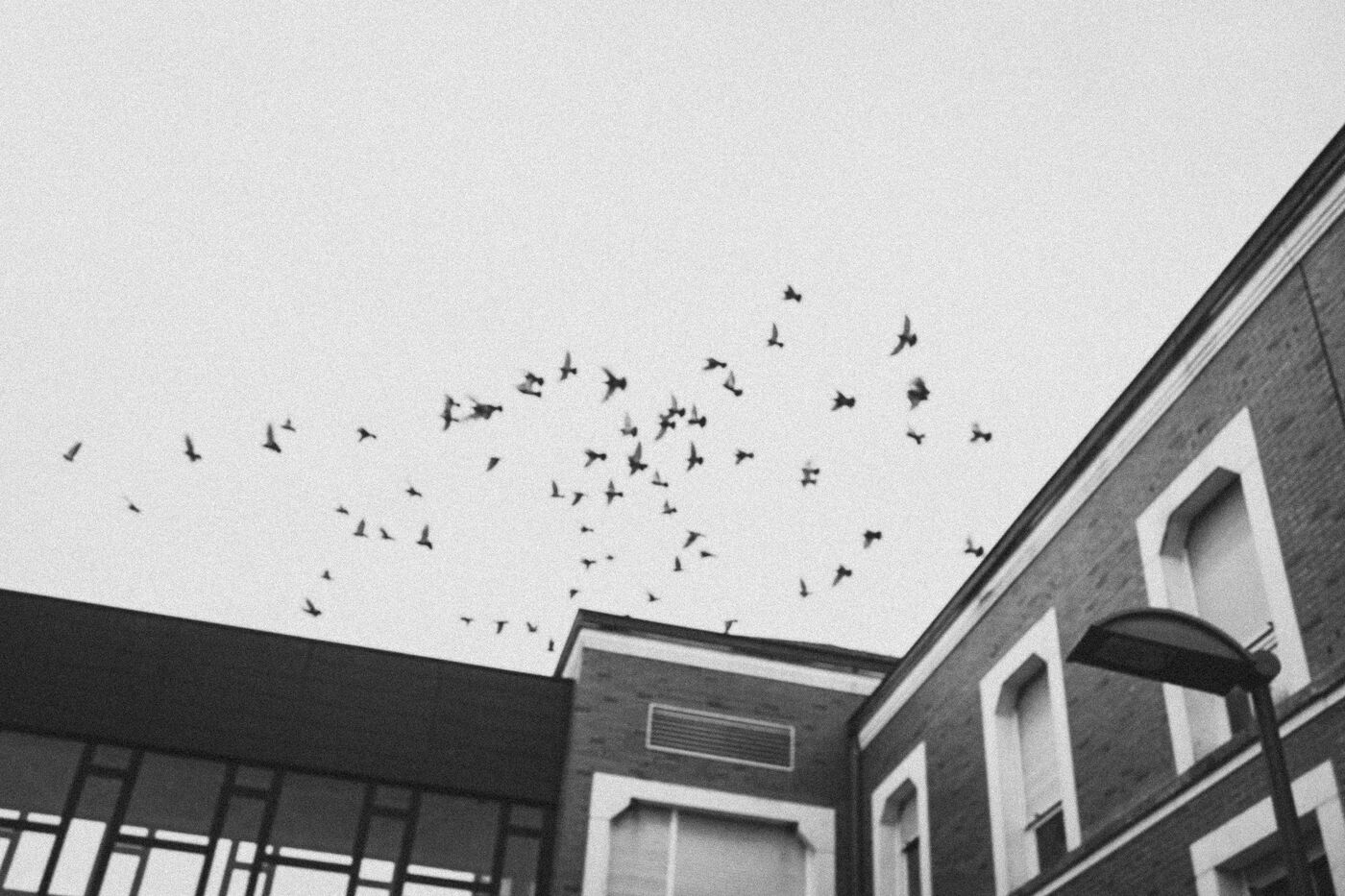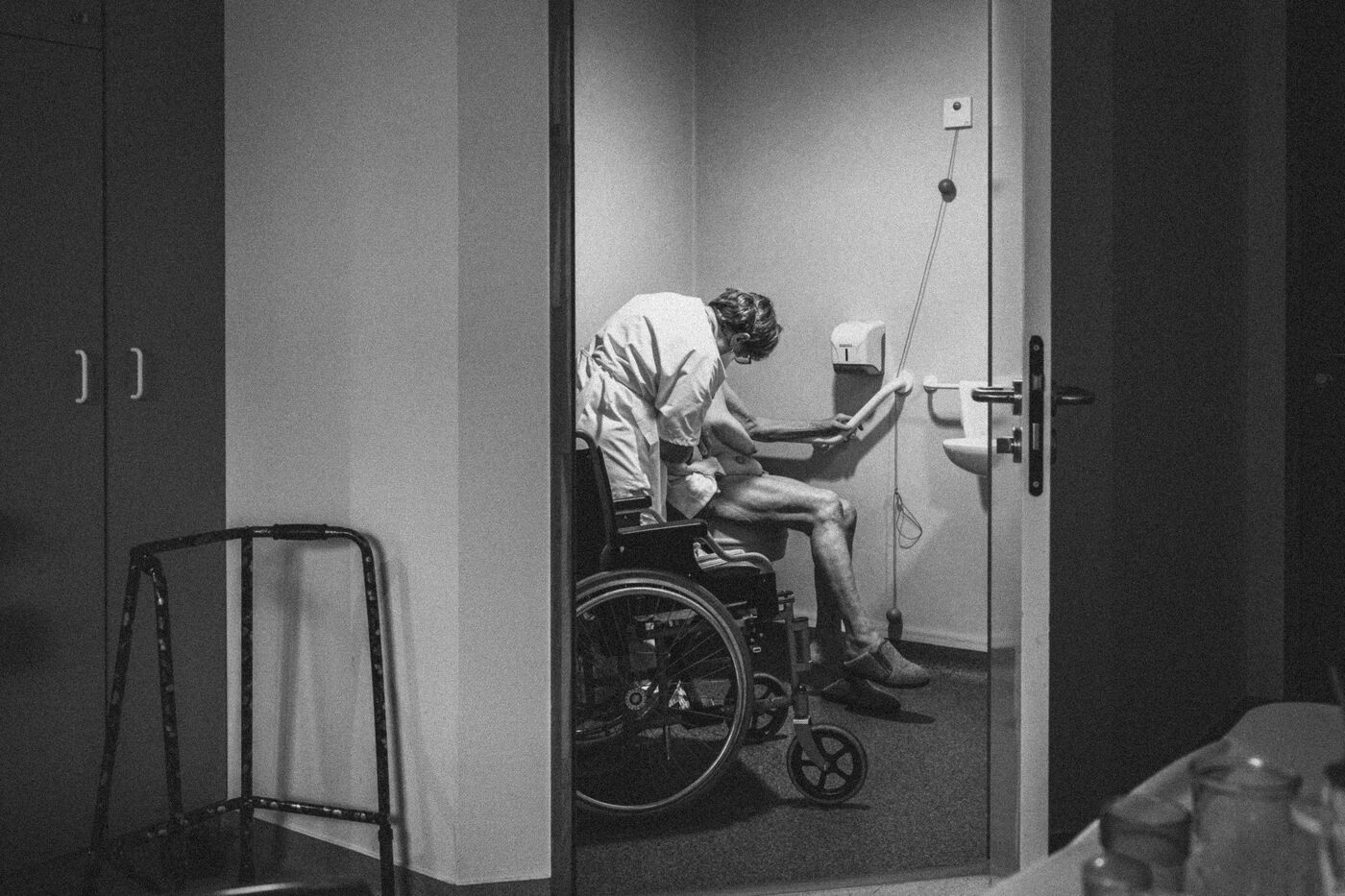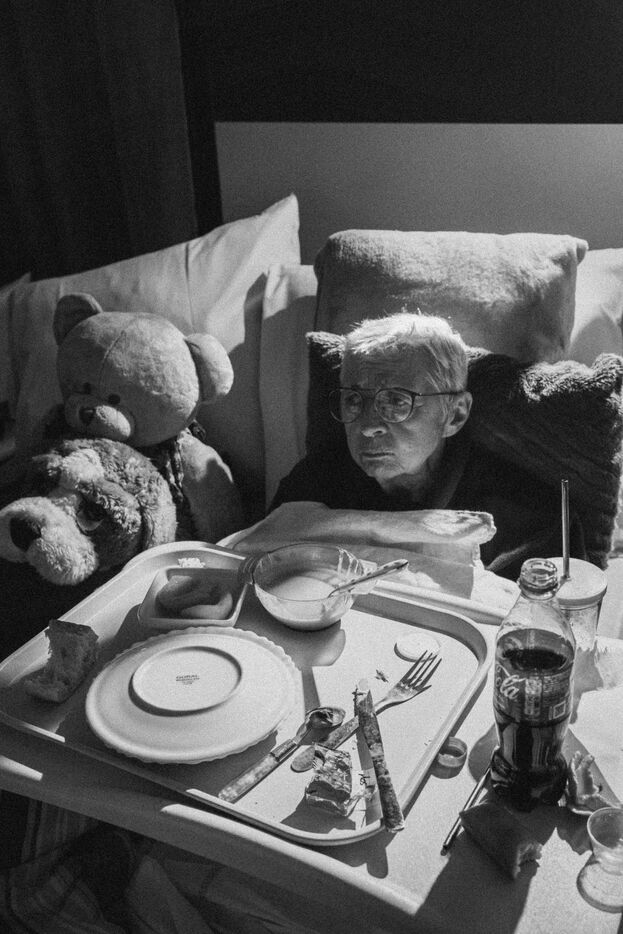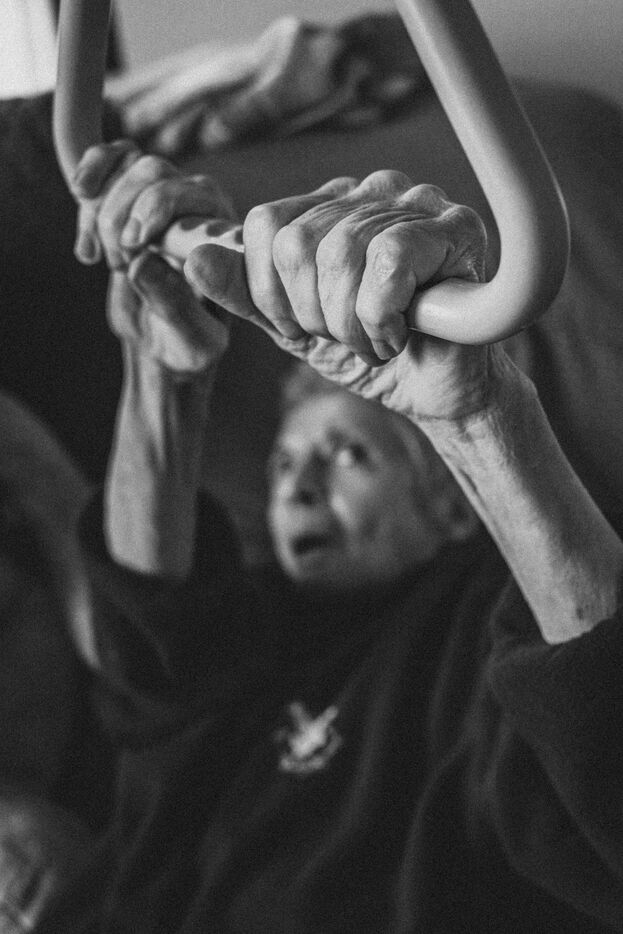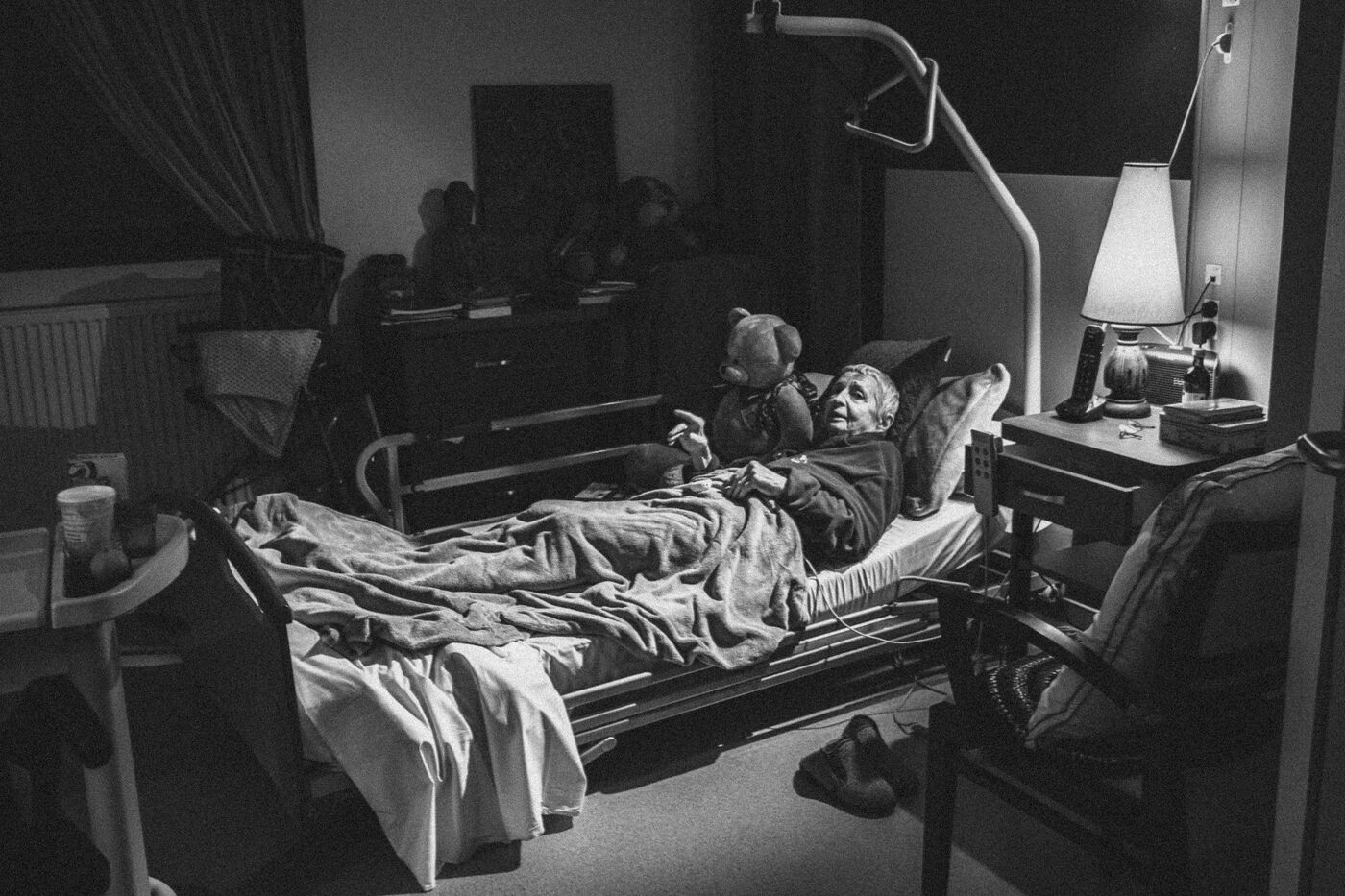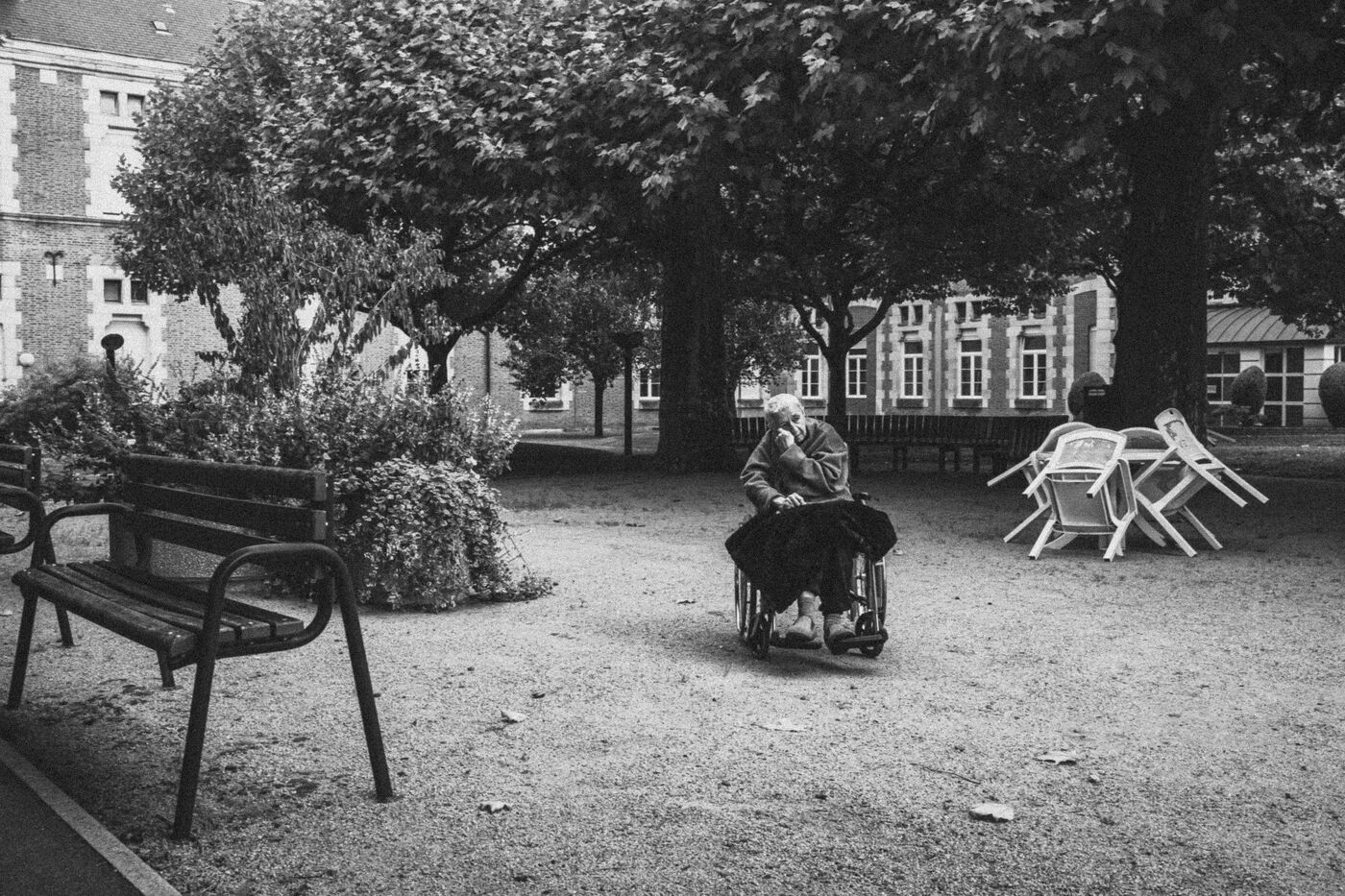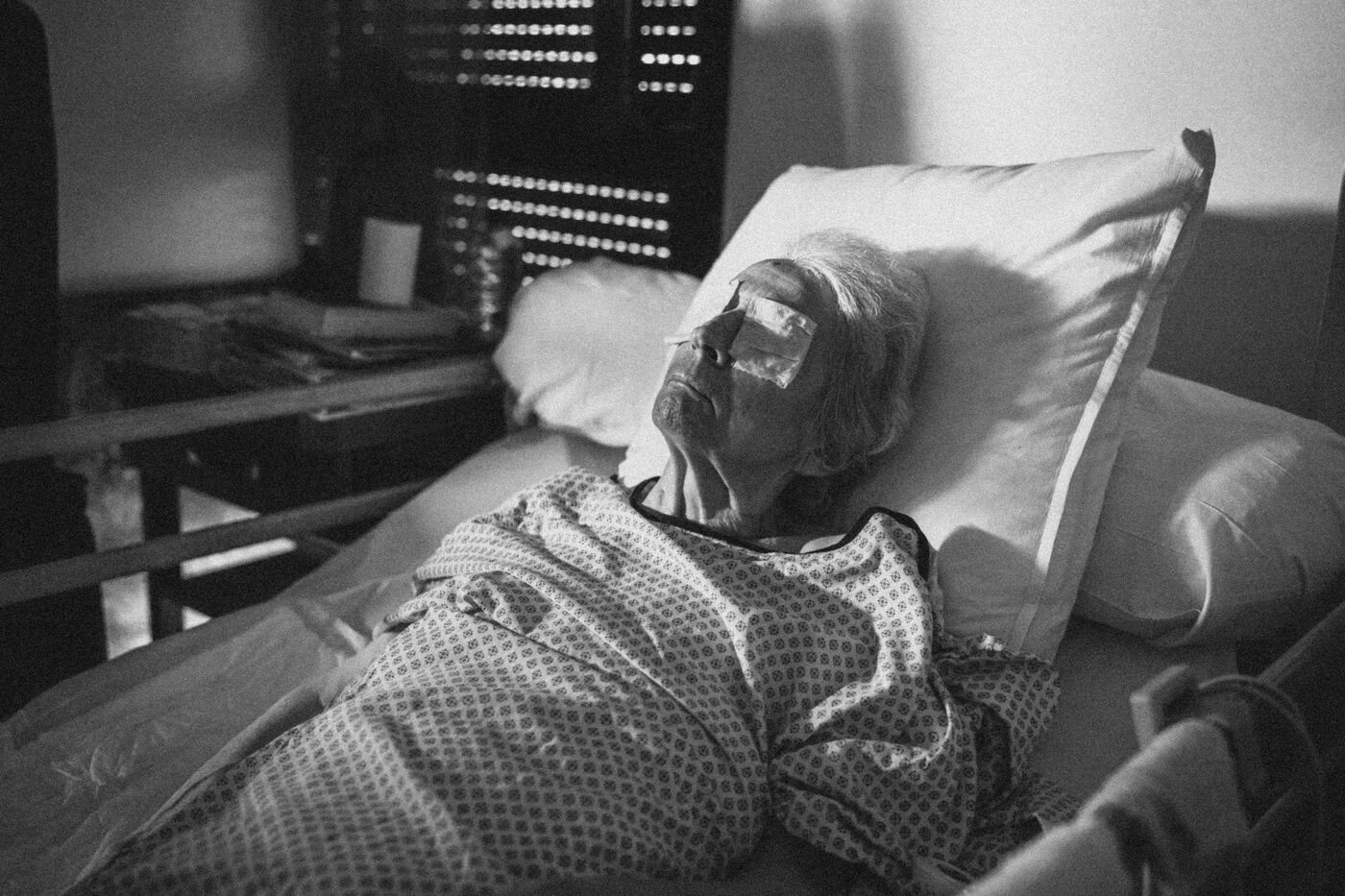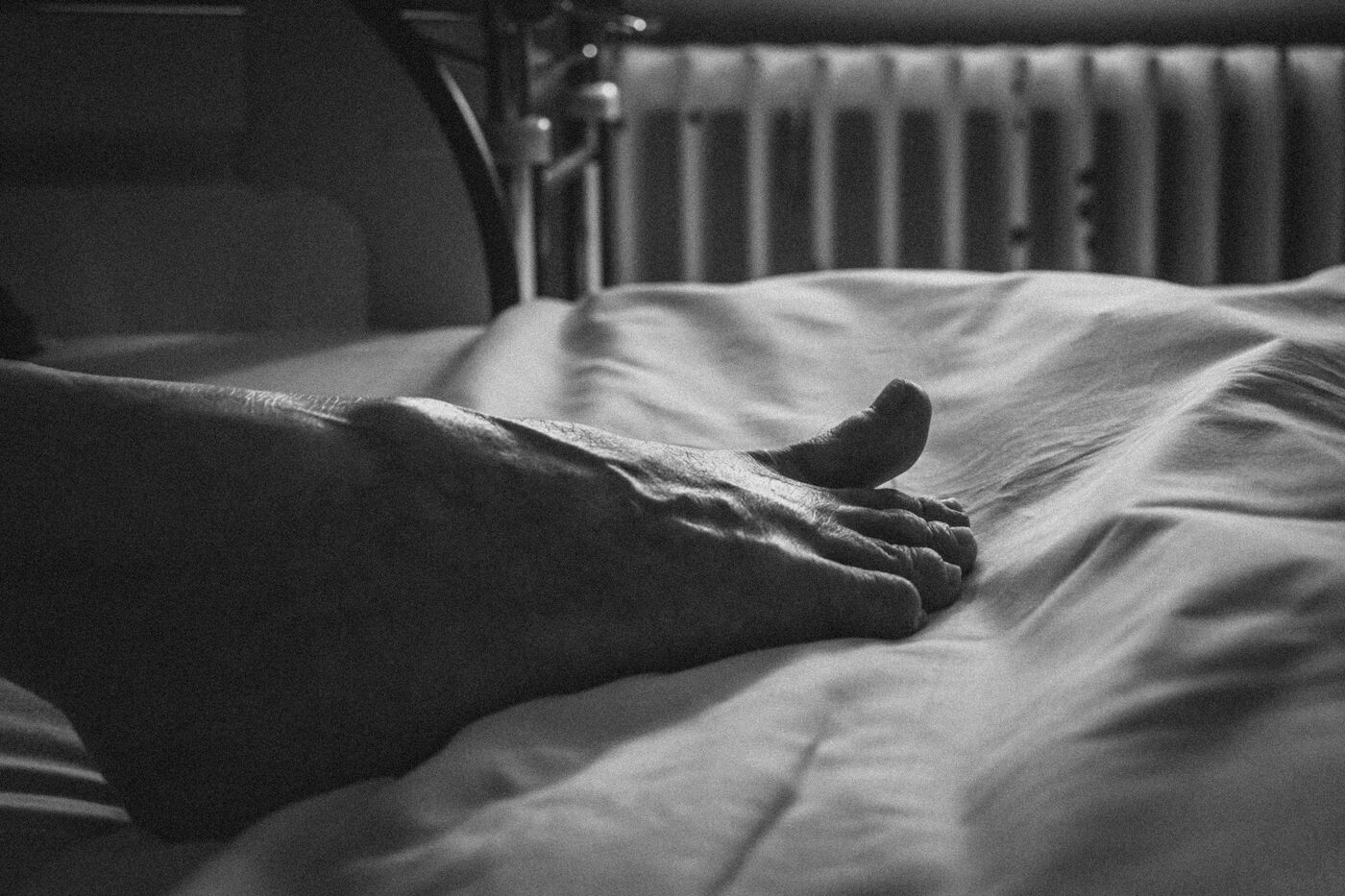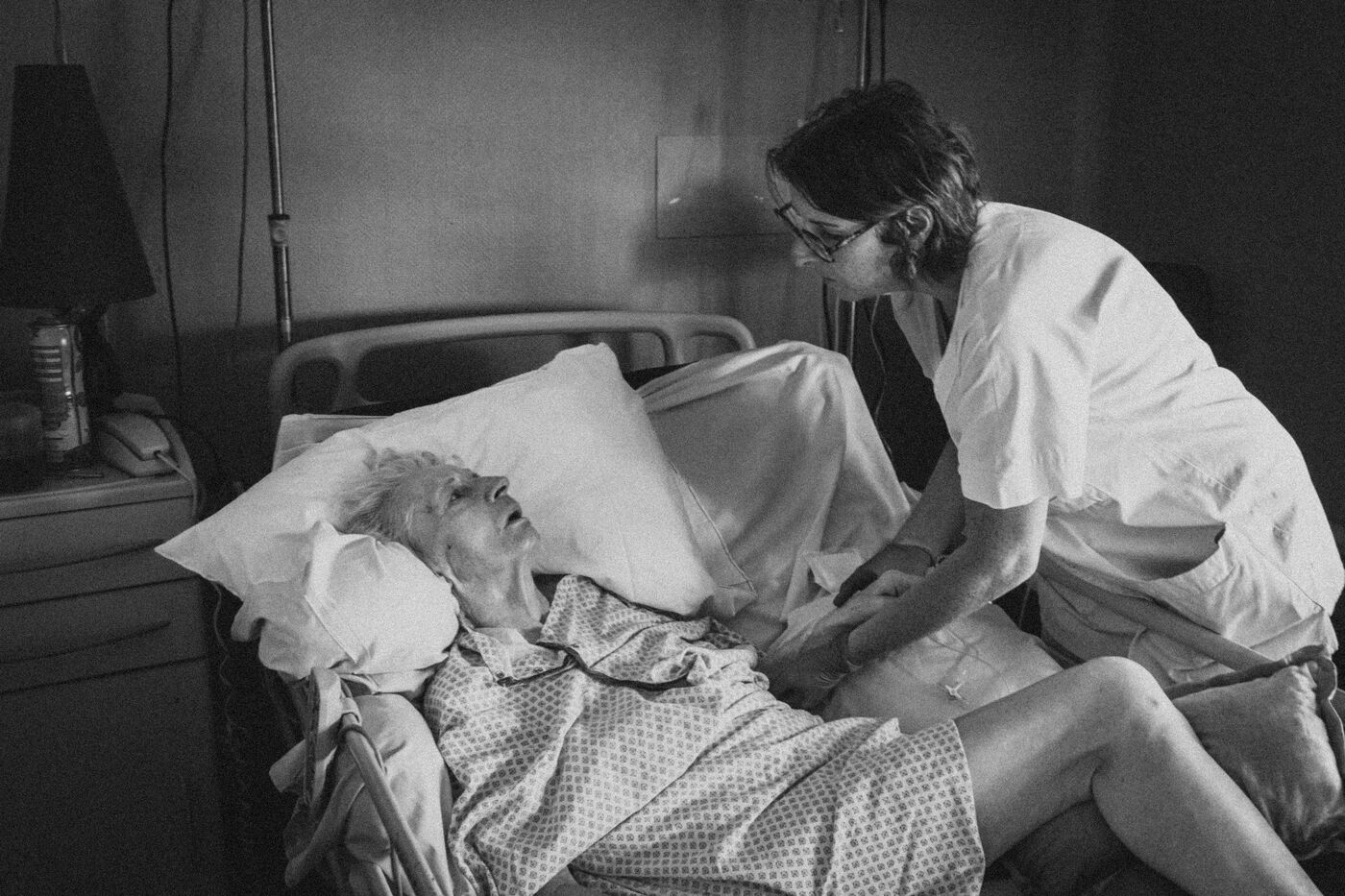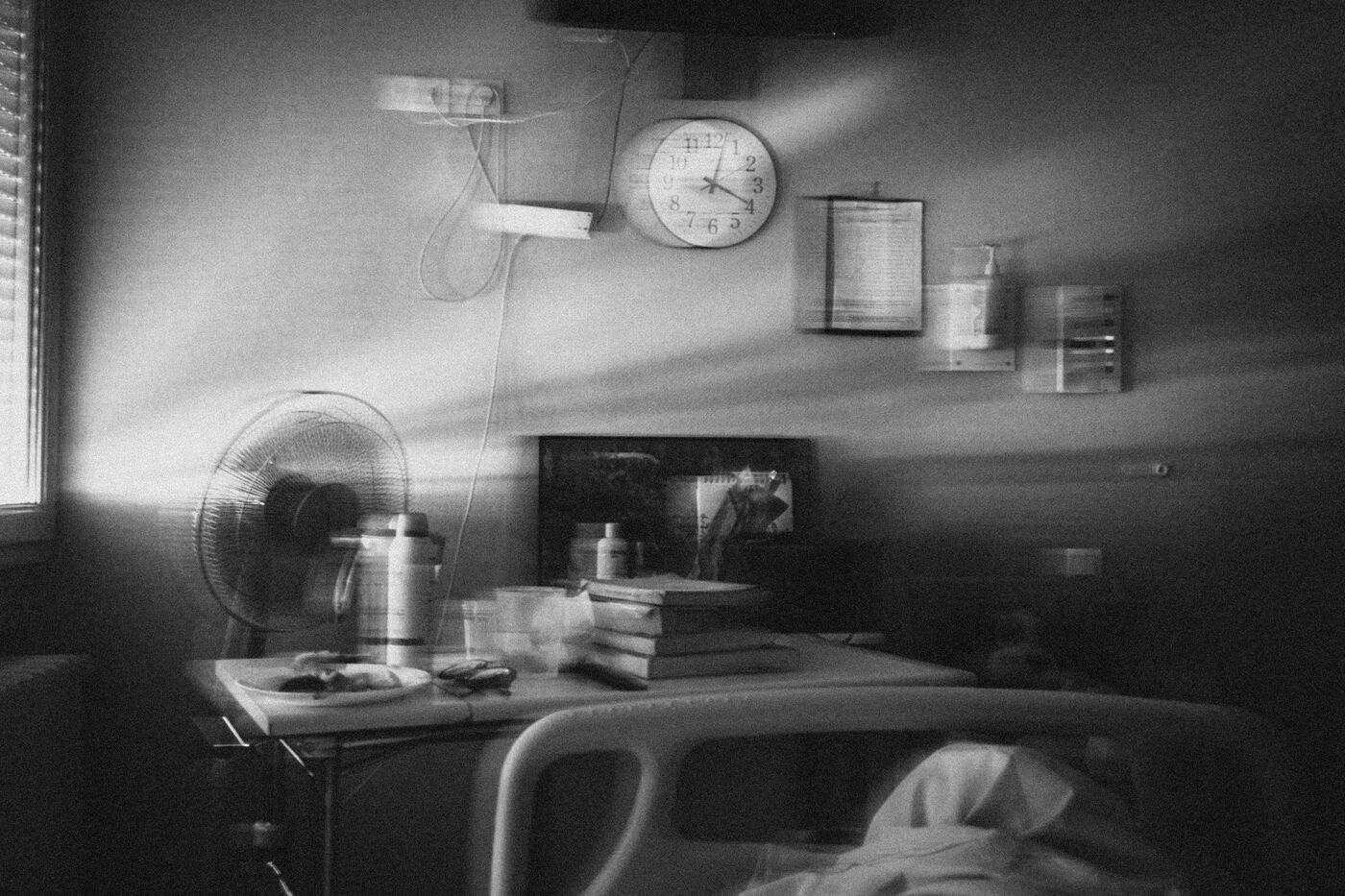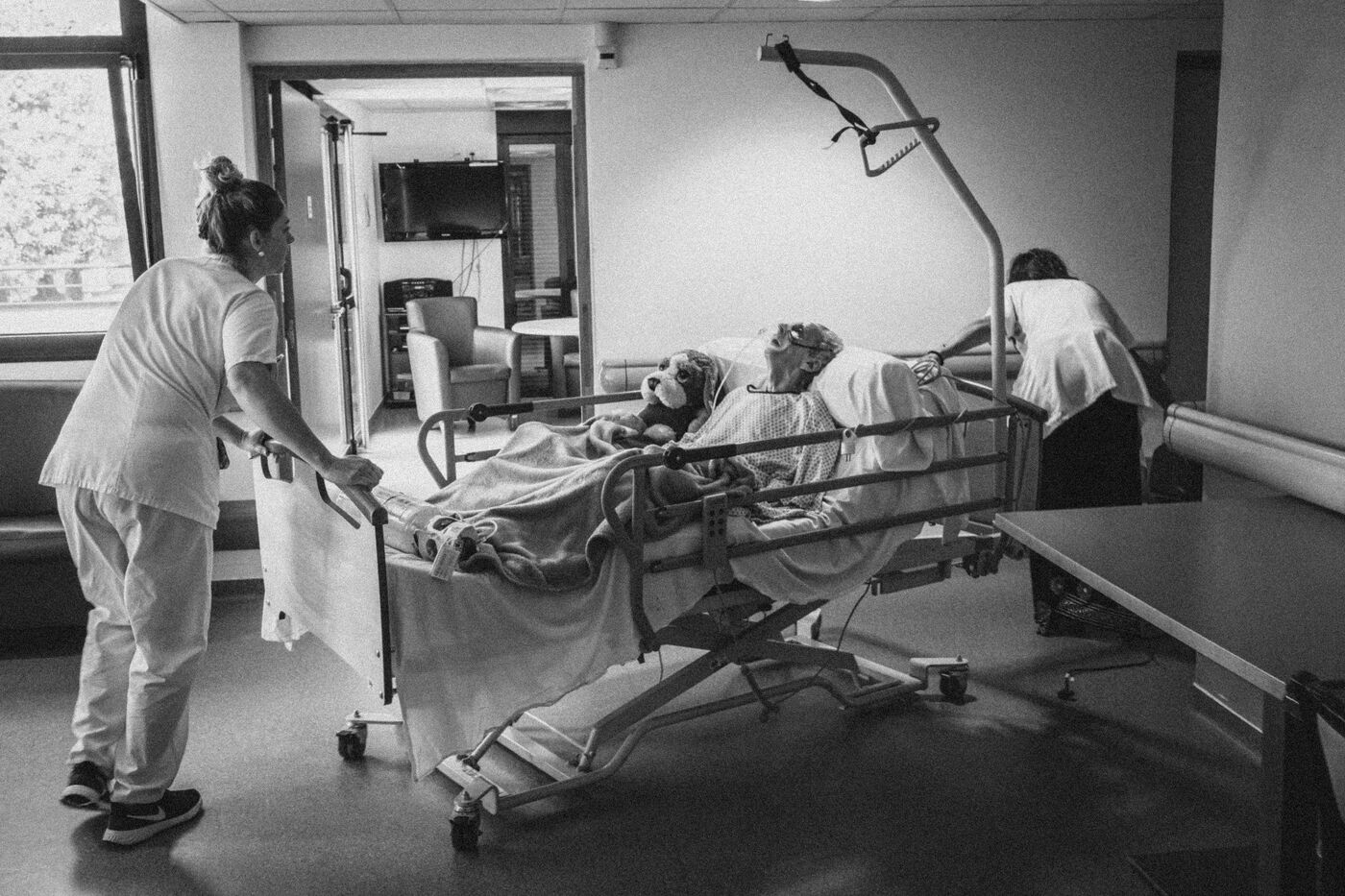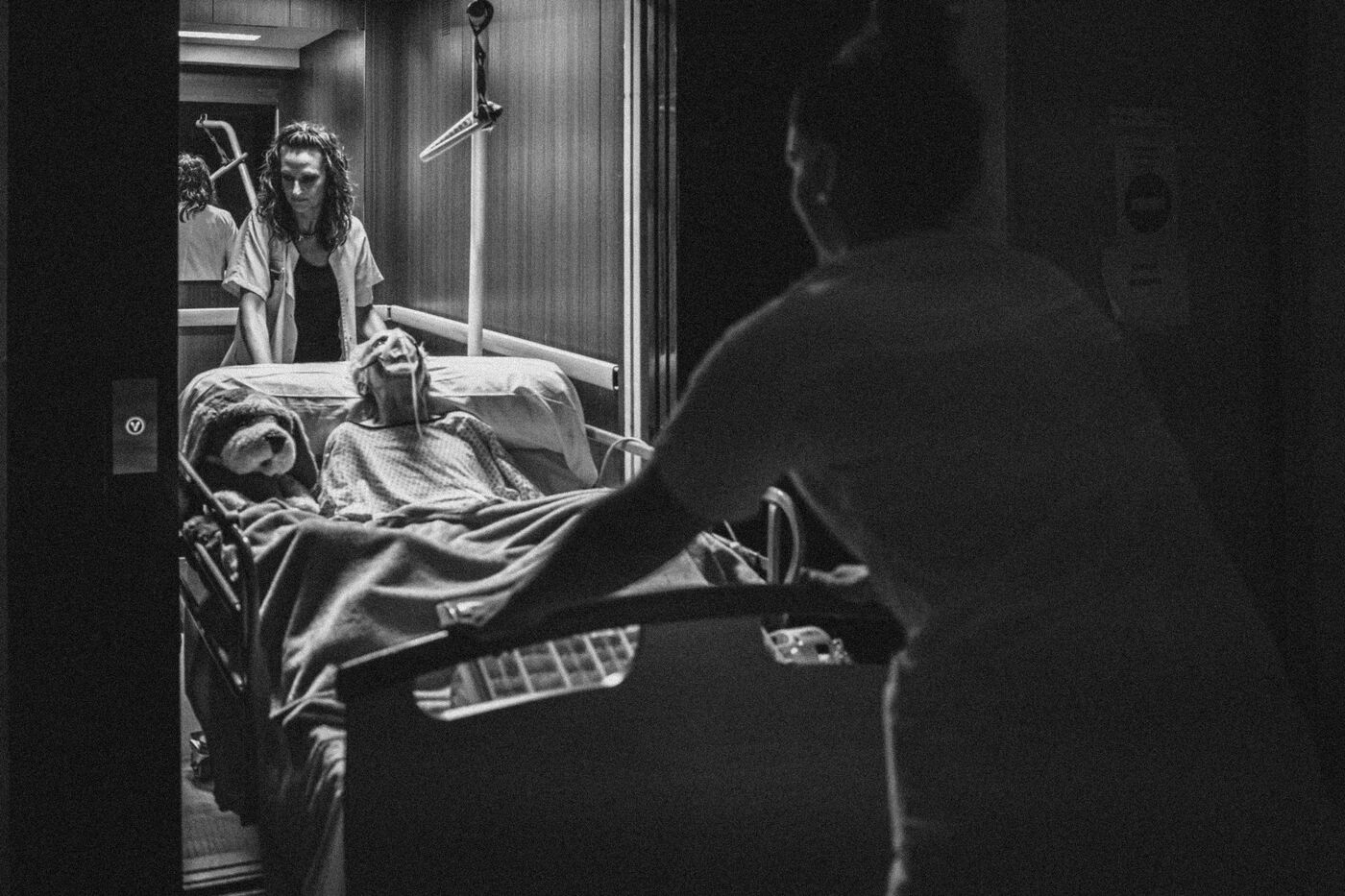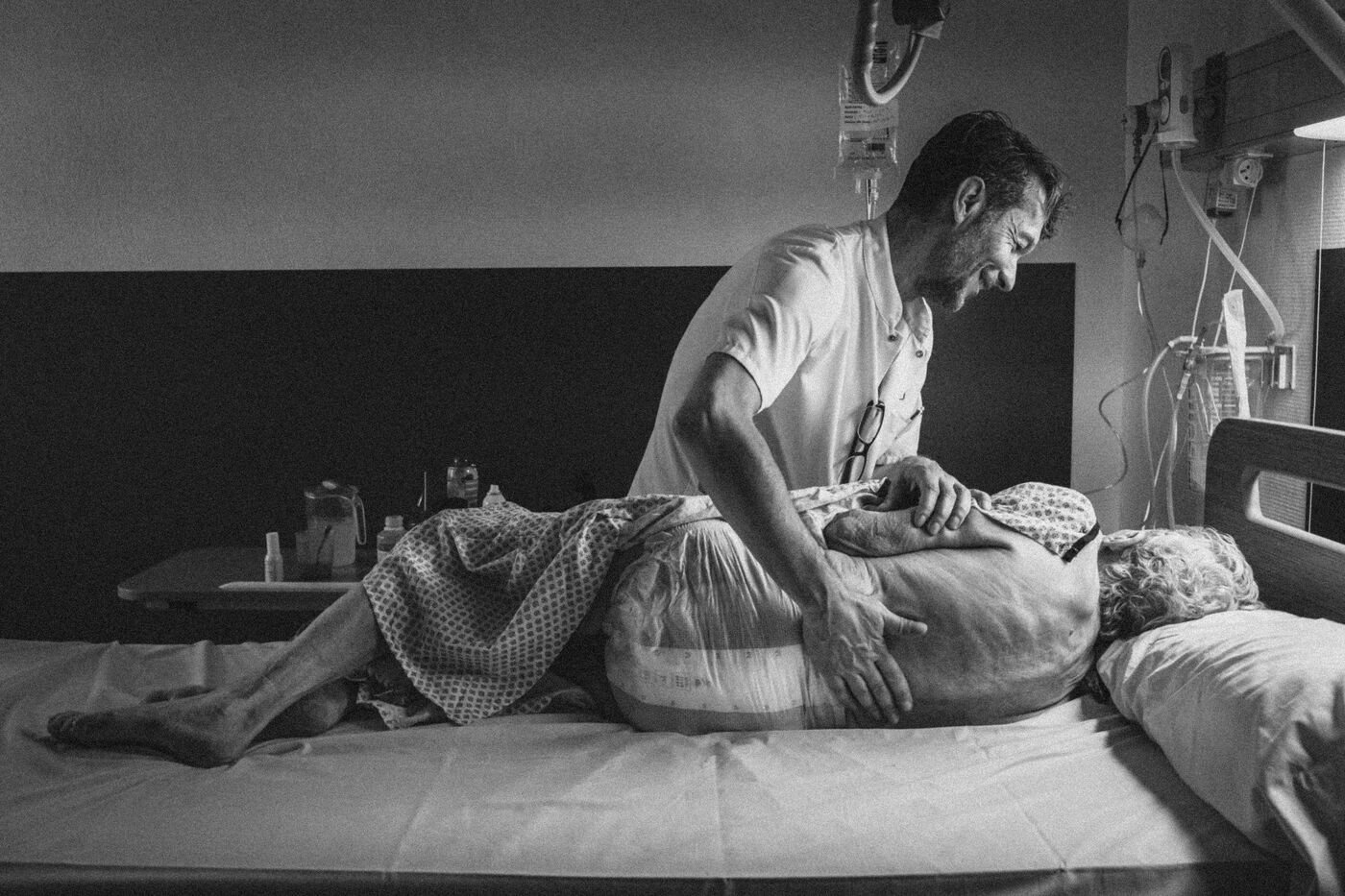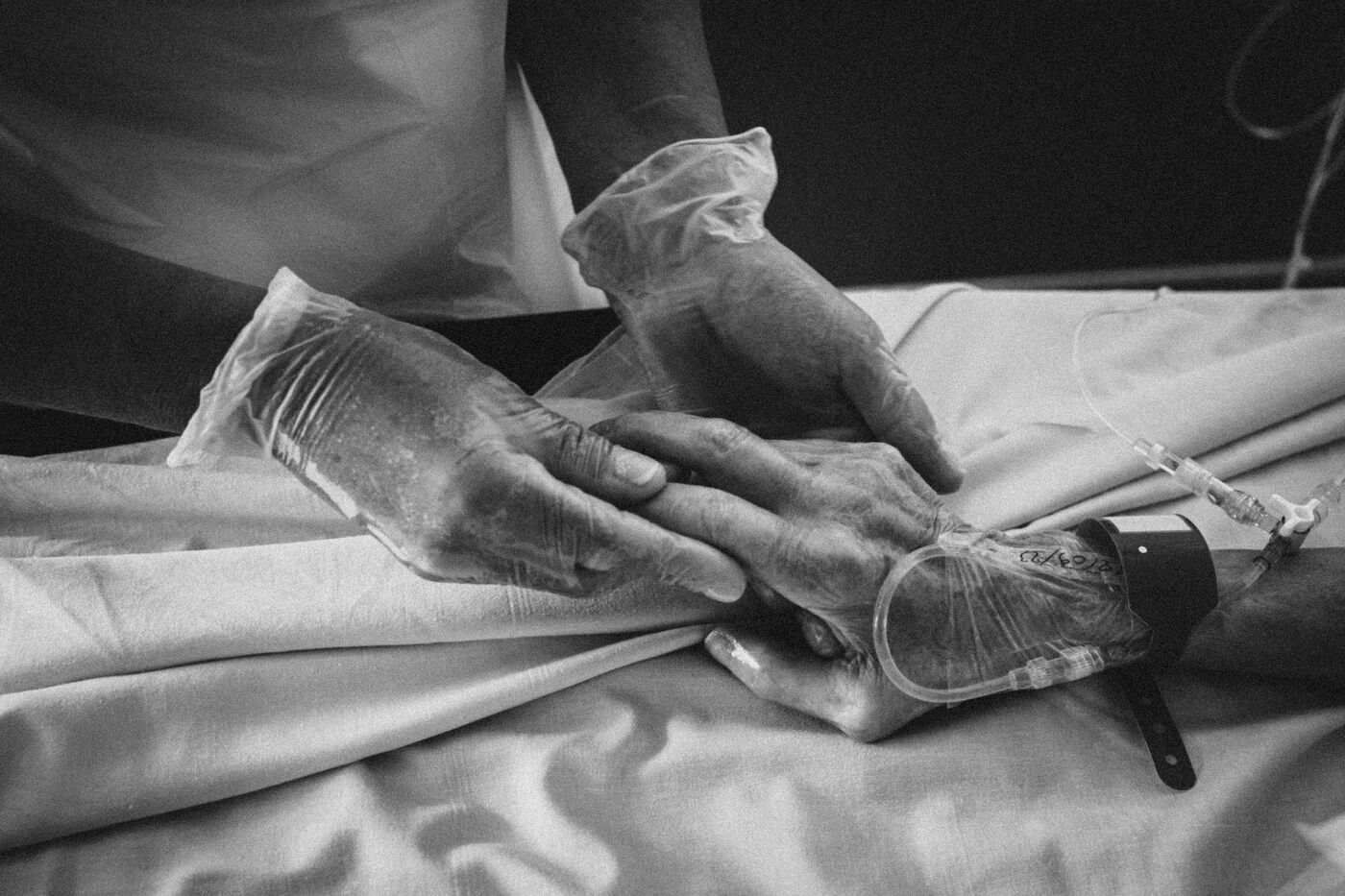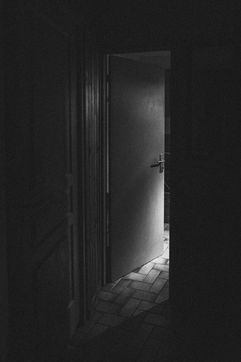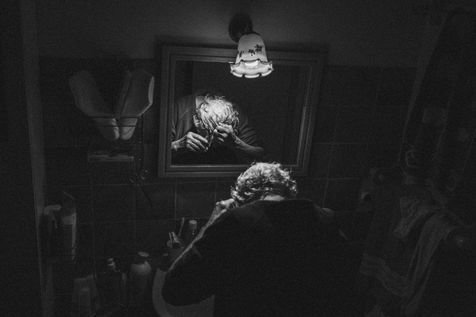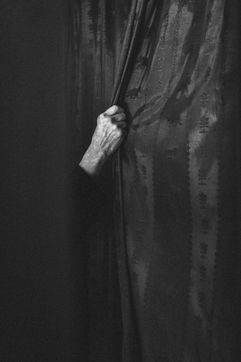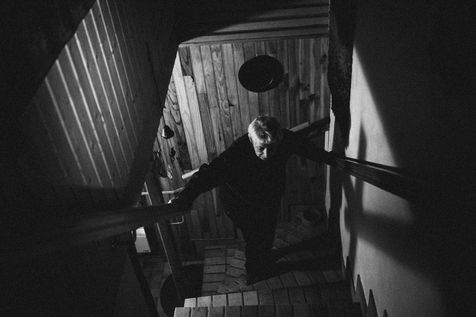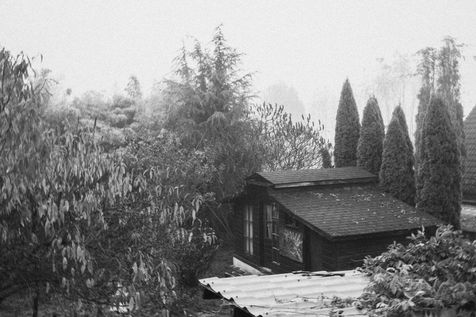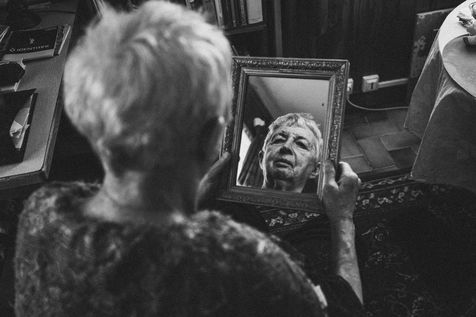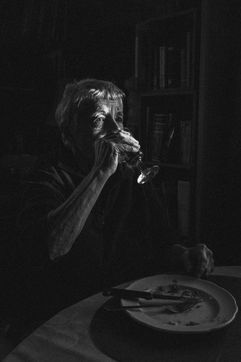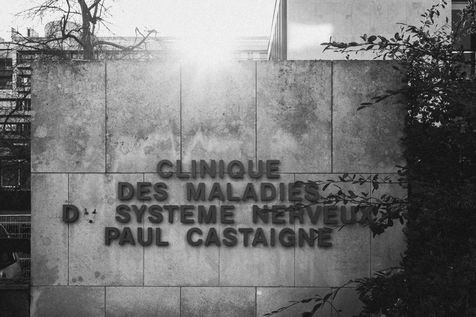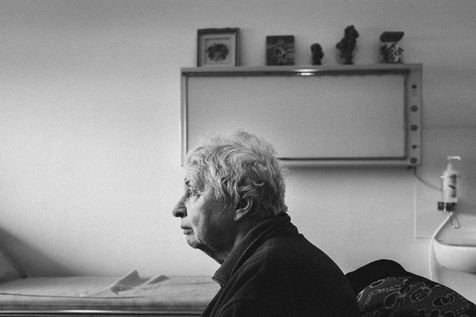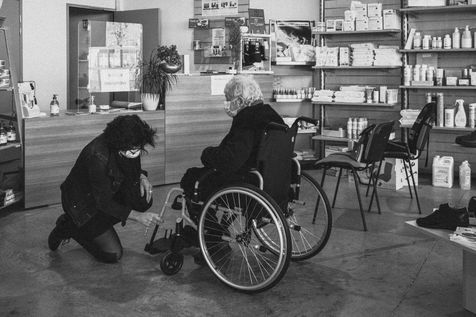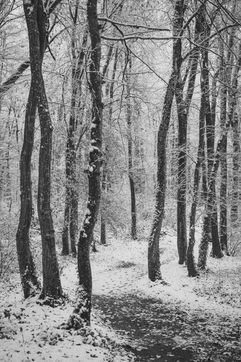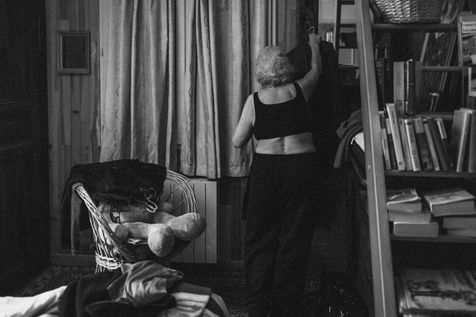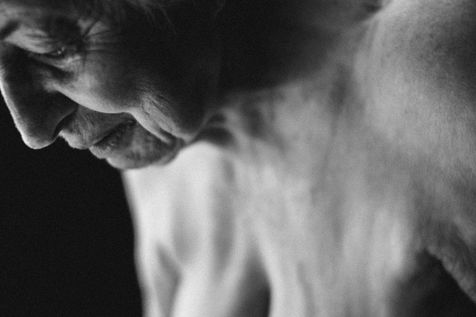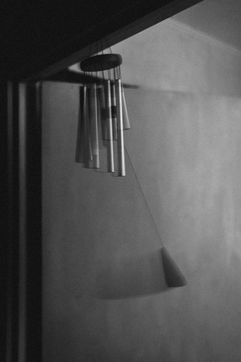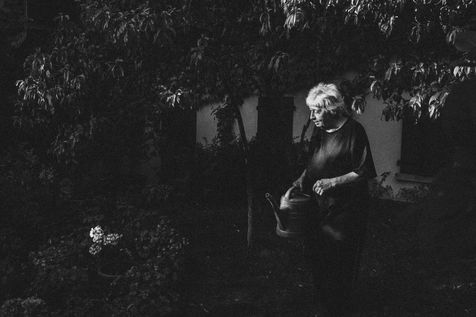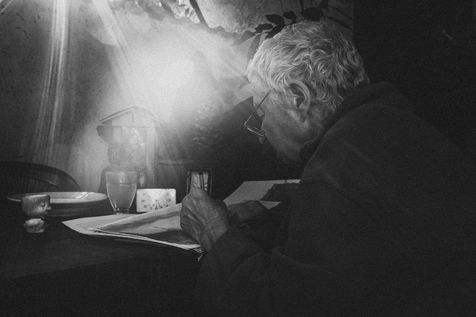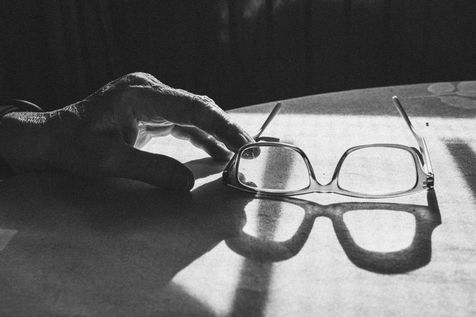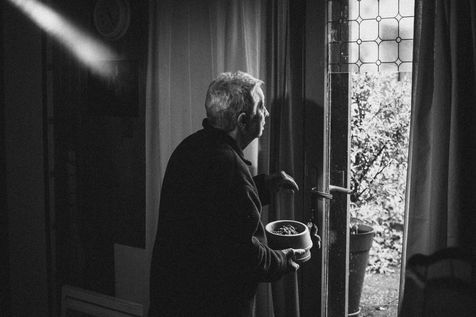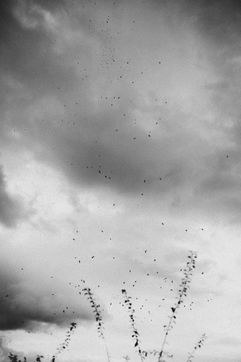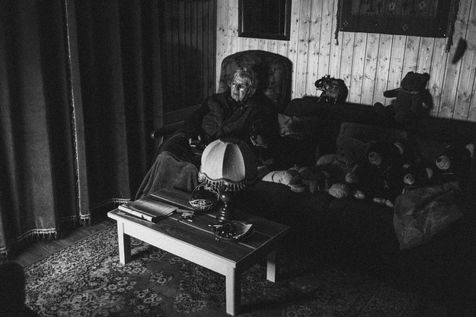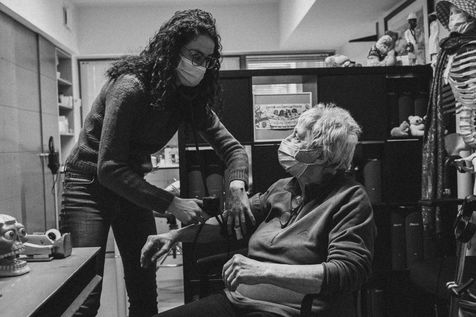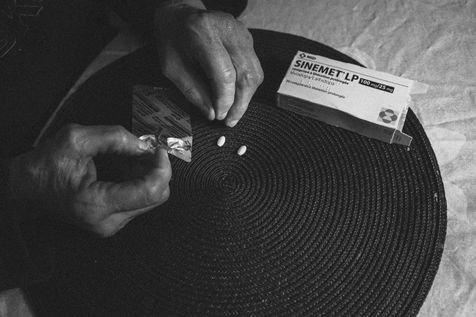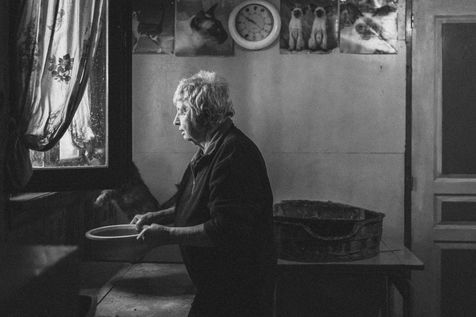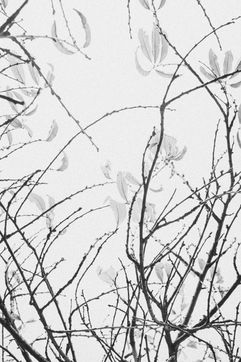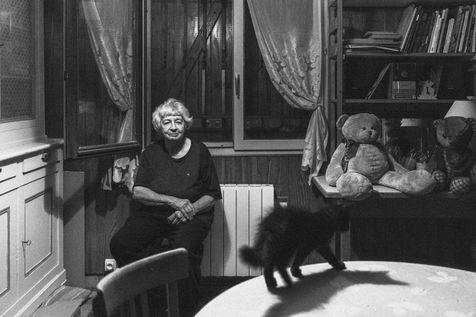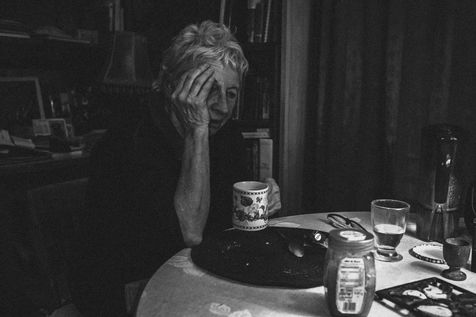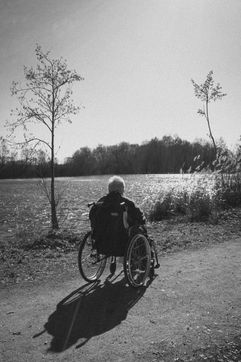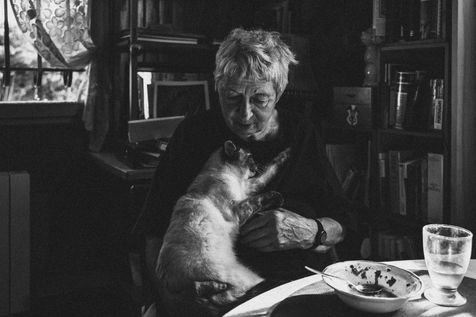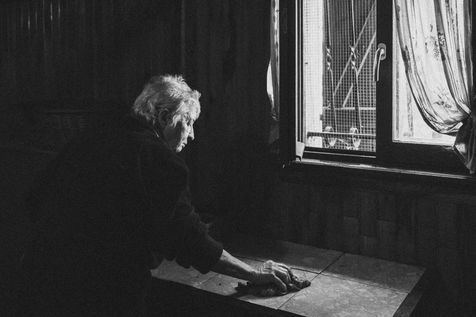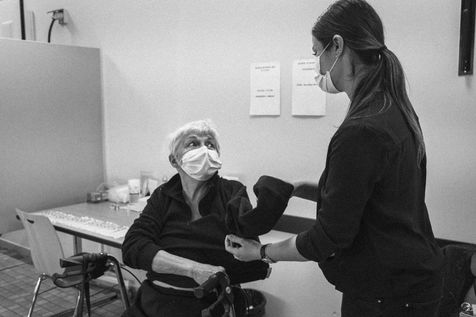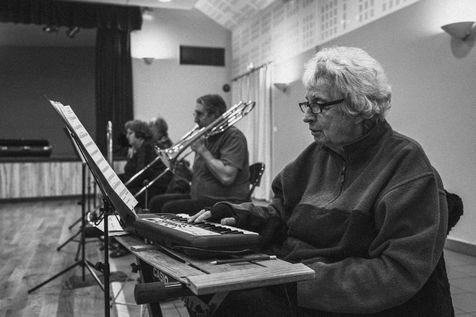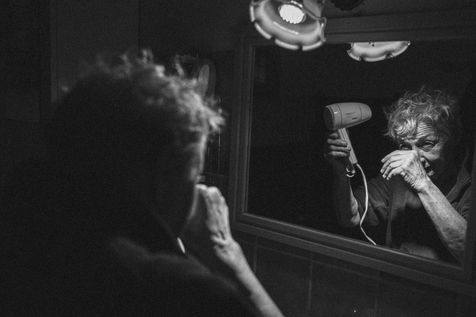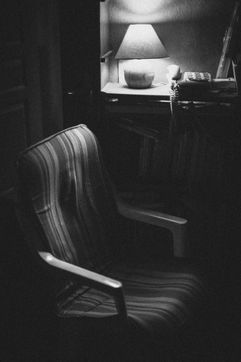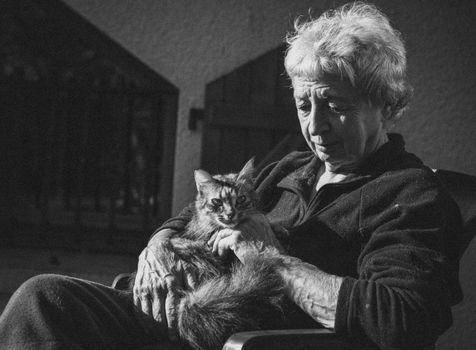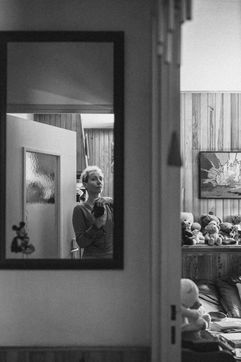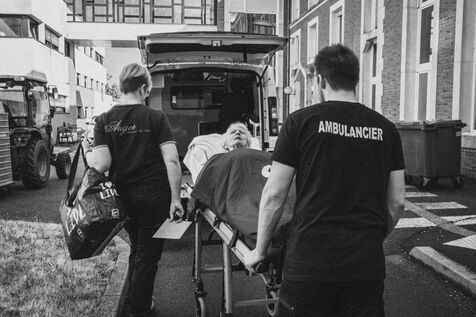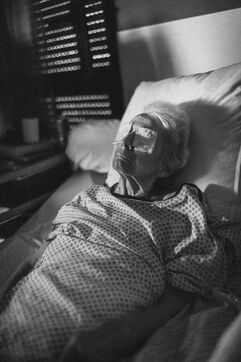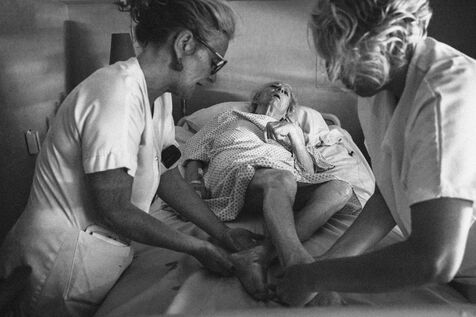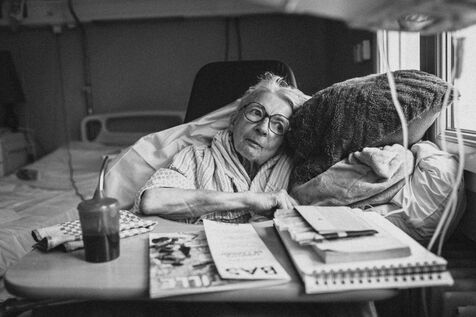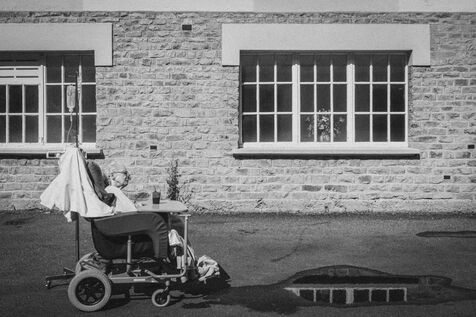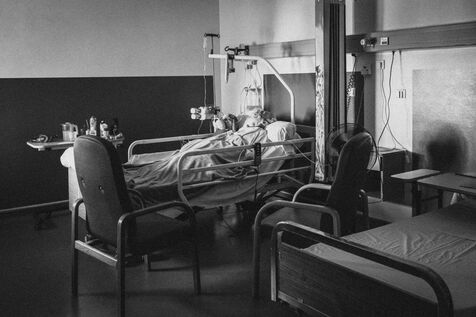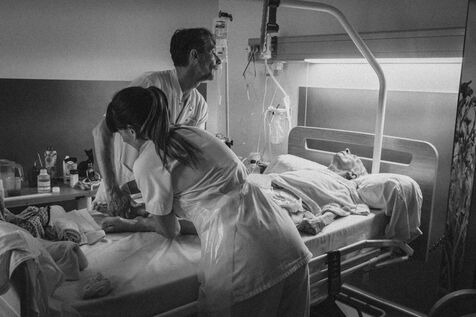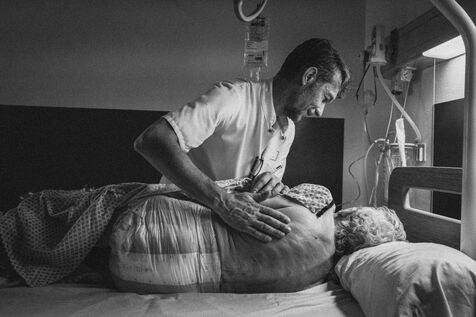Francesca (long-term project)
Décembre 2018, je roule seule dans la nuit profonde vers ma campagne.
Francesca m'appelle pour m'apprendre une nouvelle qui va changer le cours de nos vies. D'une courte phrase, ma mère me glisse "J'ai vu le neurologue, j'ai la maladie de Parkinson".
Diagnostic brutal, mes pensées basculent vers un flot de questions intraduisibles, sentiment d'injustice.
Je continue ma route comme une automate, laissant Francesca dérouler son flux de paroles sur l'aspect technique de la nouvelle. Toutes deux solitaires, nous ne pouvons compter que l'une sur l'autre, alors il faut s'organiser.
S'organiser pour apprivoiser notre peur face à l'inconnu, face à cette maladie incurable qui va lentement et inexorablement plonger ma mère dans la réduction de ses mouvements et modifier profondément sa vie.
Les années qui vont suivre vont me mener à une accélération de mes actes envers elle en tant qu'aidante et proportionnellement, à une diminution de ses capacités.
À cette même période, j'amorce ma transition de musicienne à photographe, découverte vertigineuse d'un nouveau médium. J'entame alors un processus photographique boulimique à chacune de mes visites chez Francesca. Un jeu intime à trois voix s'instaure entre nous, notre relation mère-fille s'en trouve petit à petit modifiée.
Mon objectif devient ainsi le témoin muet du lent processus de destruction de ses neurones, il me permet cette distanciation nécessaire pour ne pas sombrer dans l'angoisse, comme un membre de la famille, celui qui ne parle pas mais qui rend compte.
Francesca (long-term project)
December 2018, I'm driving alone in the deep night to my countryside.
Francesca calls me with news that will change the course of our lives. With a short sentence, my mother slips me "I saw the neurologist, I have Parkinson's disease".
A brutal diagnosis, my thoughts turn to a flood of untranslatable questions, a feeling of injustice.
I continue my way like an automaton, letting Francesca unroll her flow of words on the technical aspect of the news. Both solitary, we can only count on each other, so we have to organize ourselves.
We had to get organized to tame our fear of the unknown, of this incurable disease that would slowly and inexorably reduce my mother's movements and profoundly change her life.
The years that followed would lead me to accelerate my actions towards her as a caregiver and proportionally, to a decrease in her capacities.
During this same period, I began my transition from musician to photographer, a dizzying discovery of a new medium. I then began a bulimic photographic process with each of my visits to Francesca's home. An intimate game of three voices is established between us, our mother-daughter relationship is gradually modified.
My lens becomes the silent witness of the slow process of destruction of her neurons, it allows me this necessary distancing not to sink into anguish, like a member of the family, the one who does not speak but who reports.
